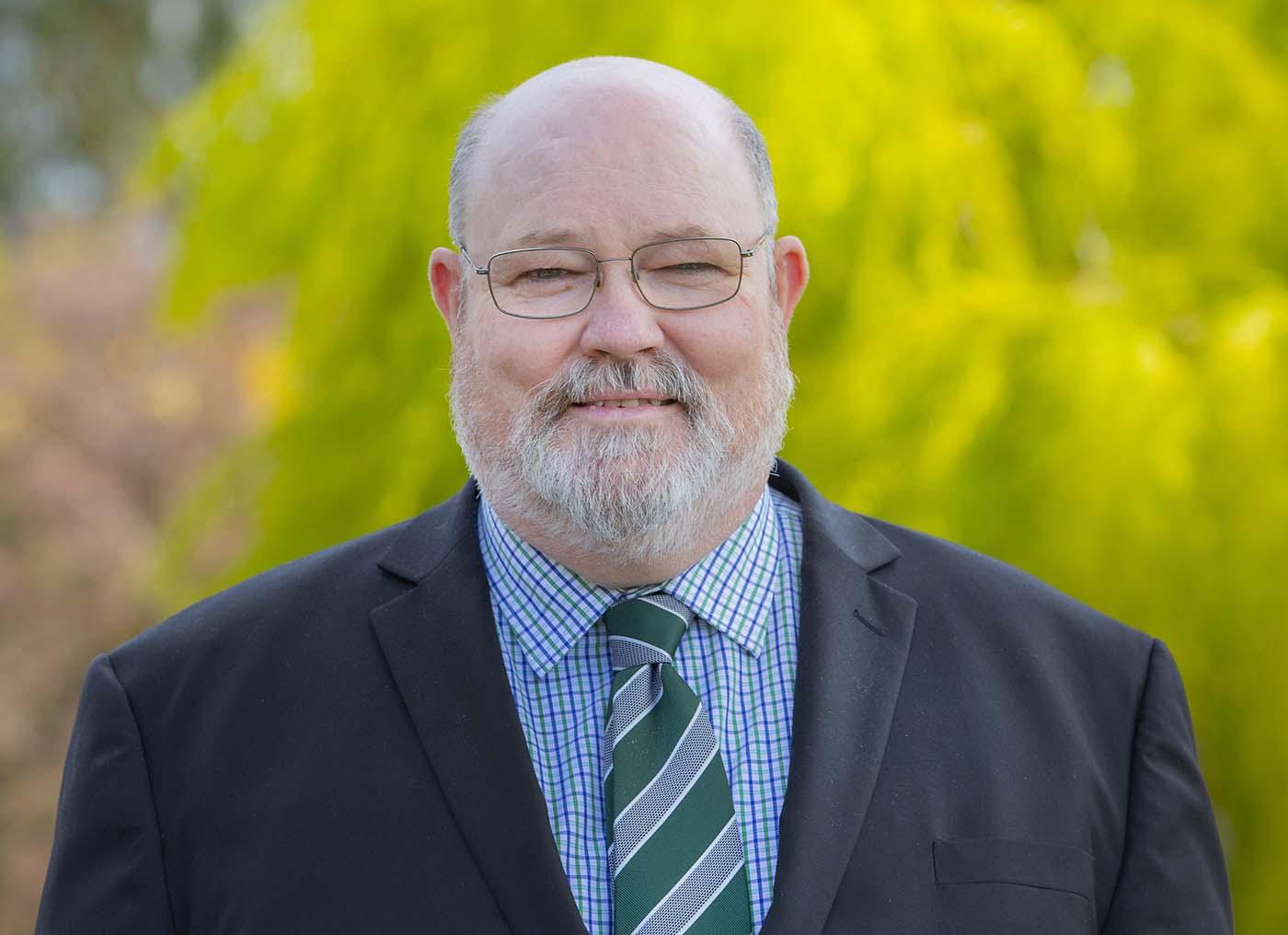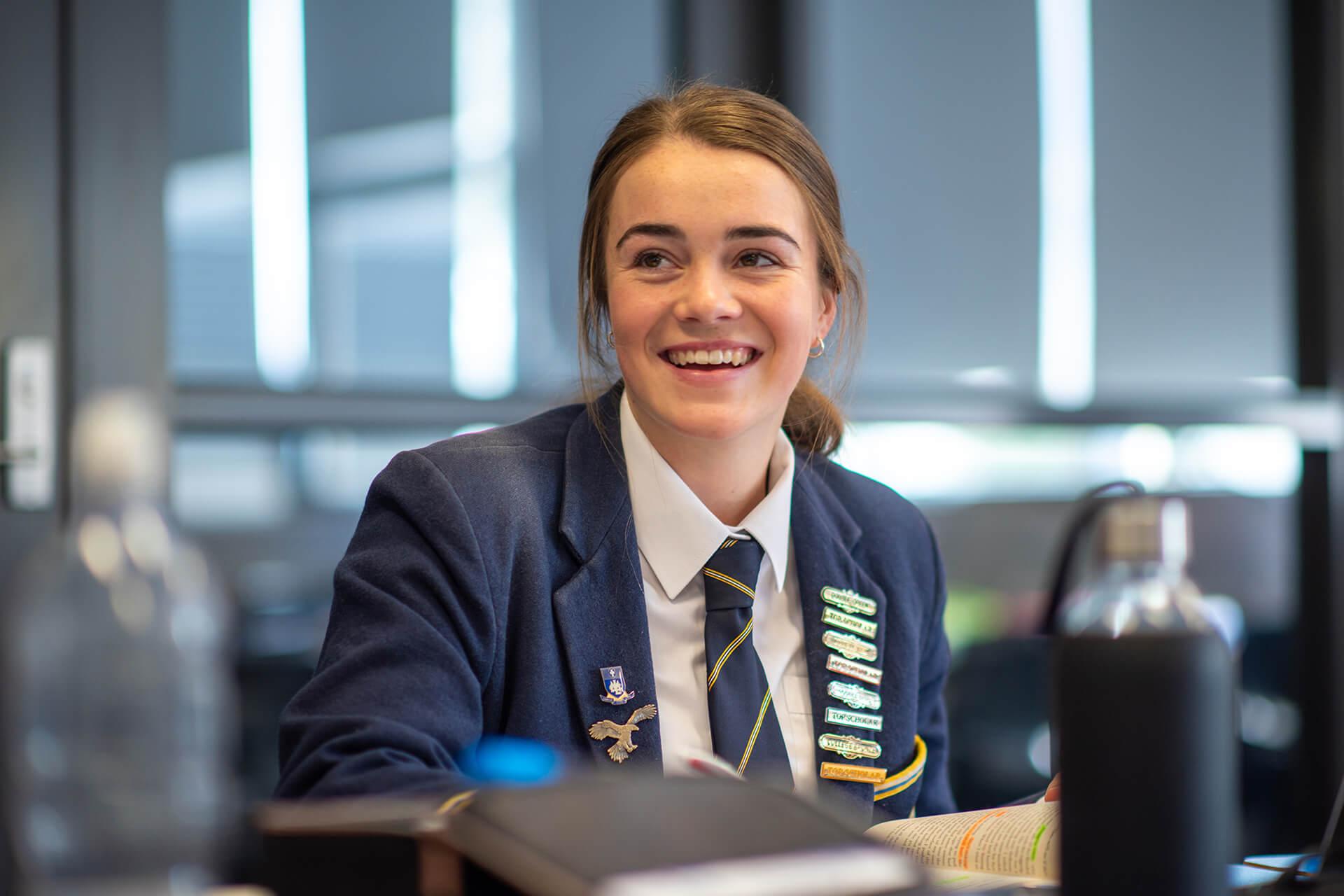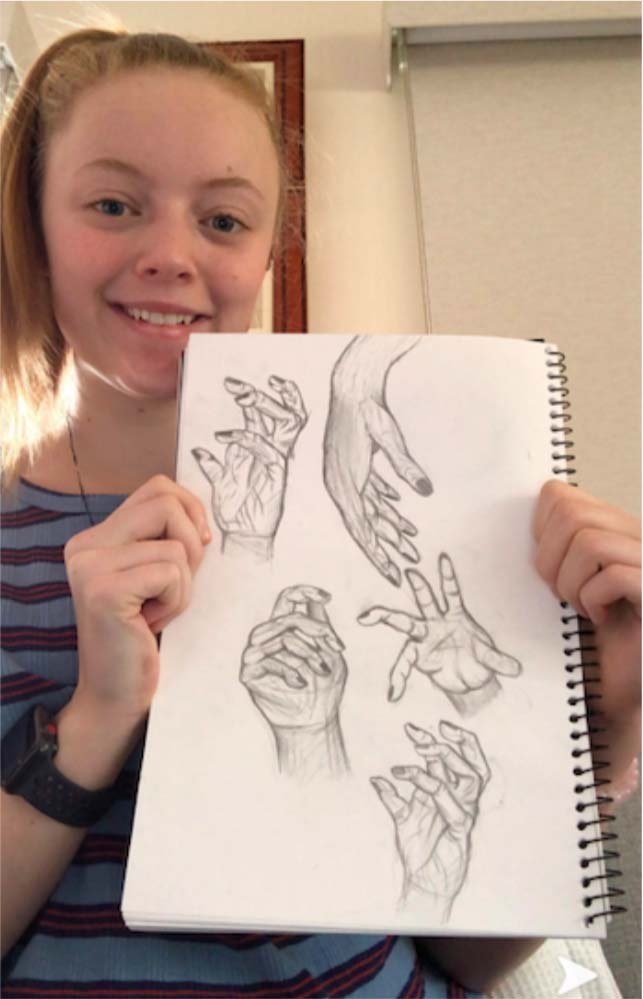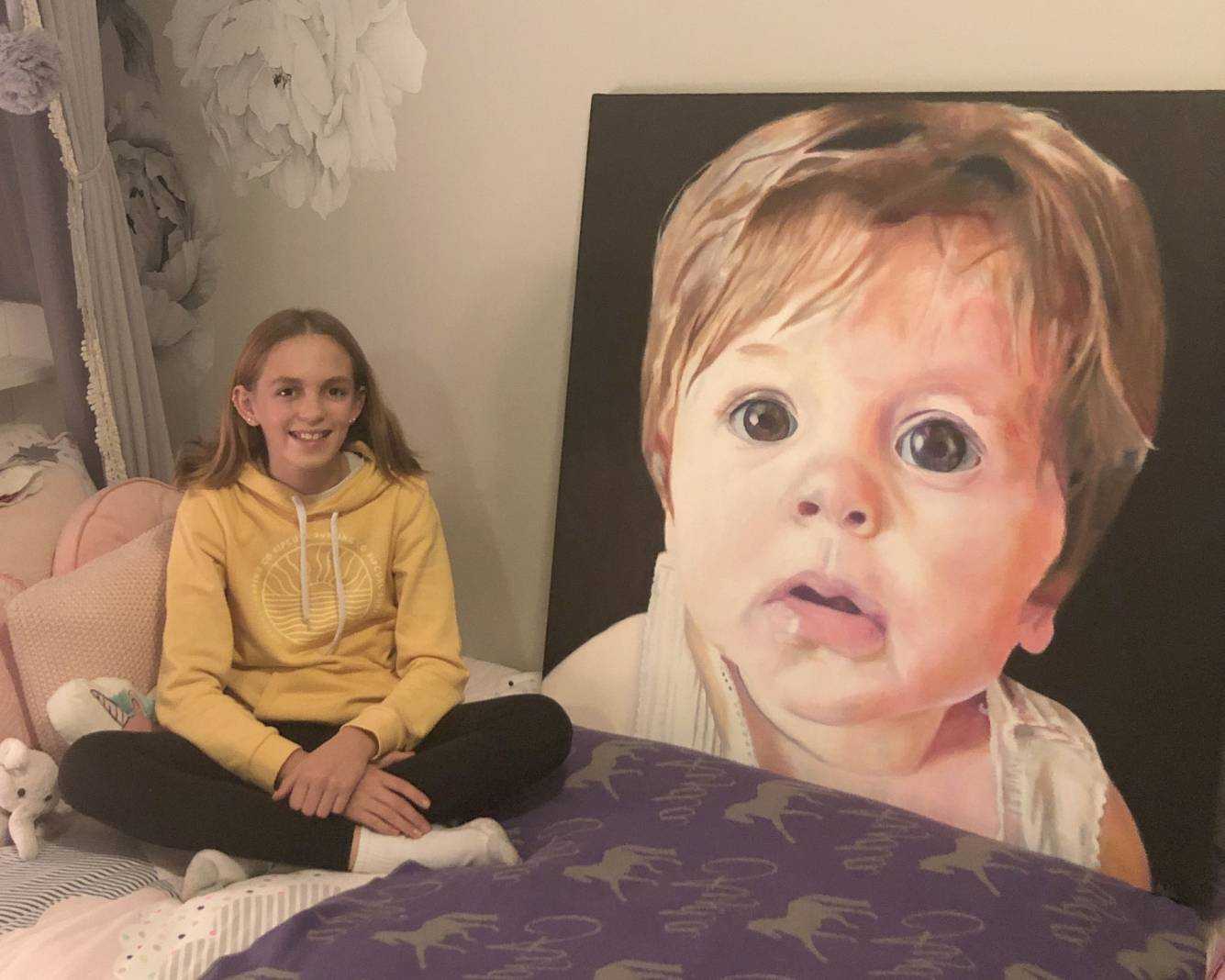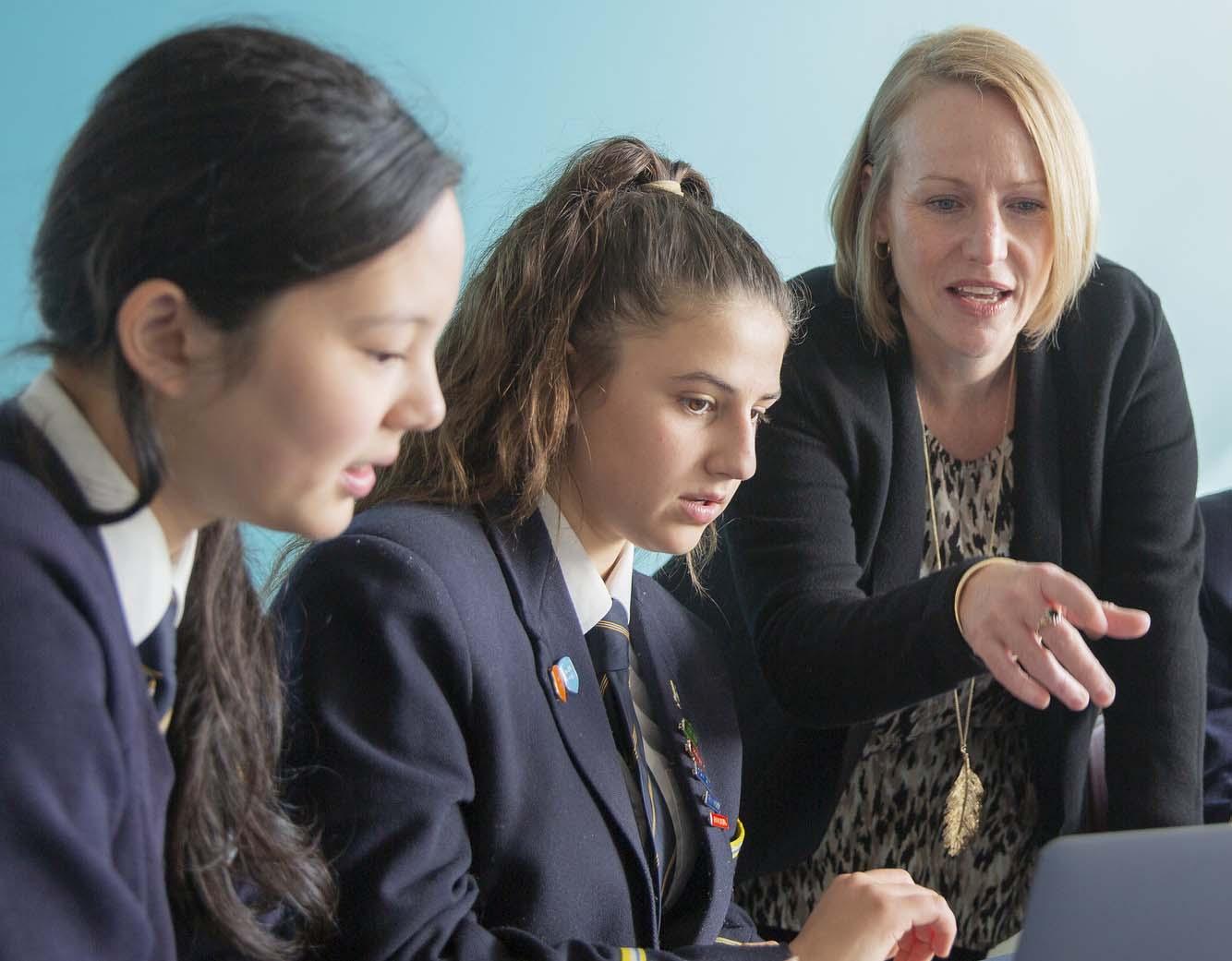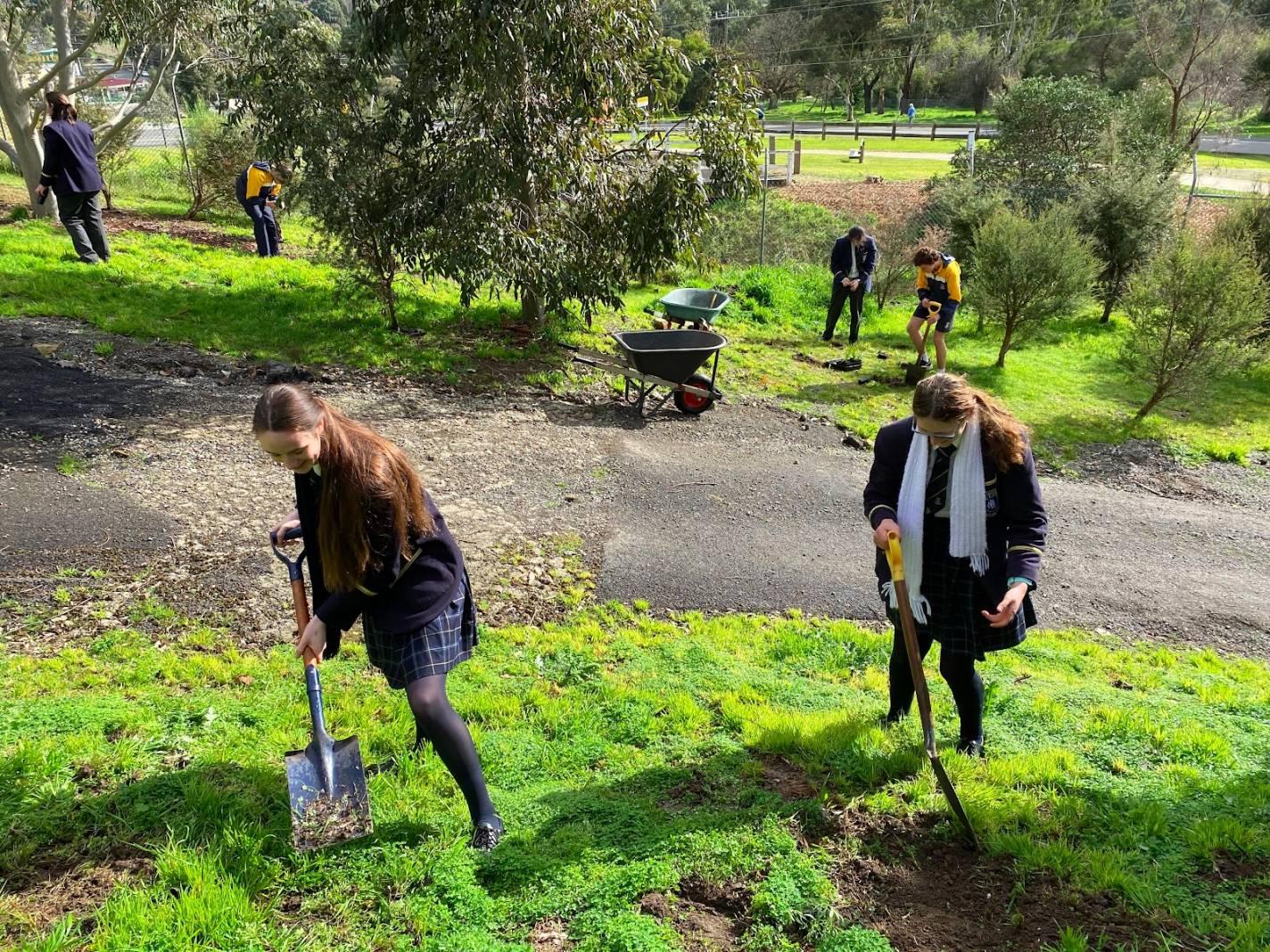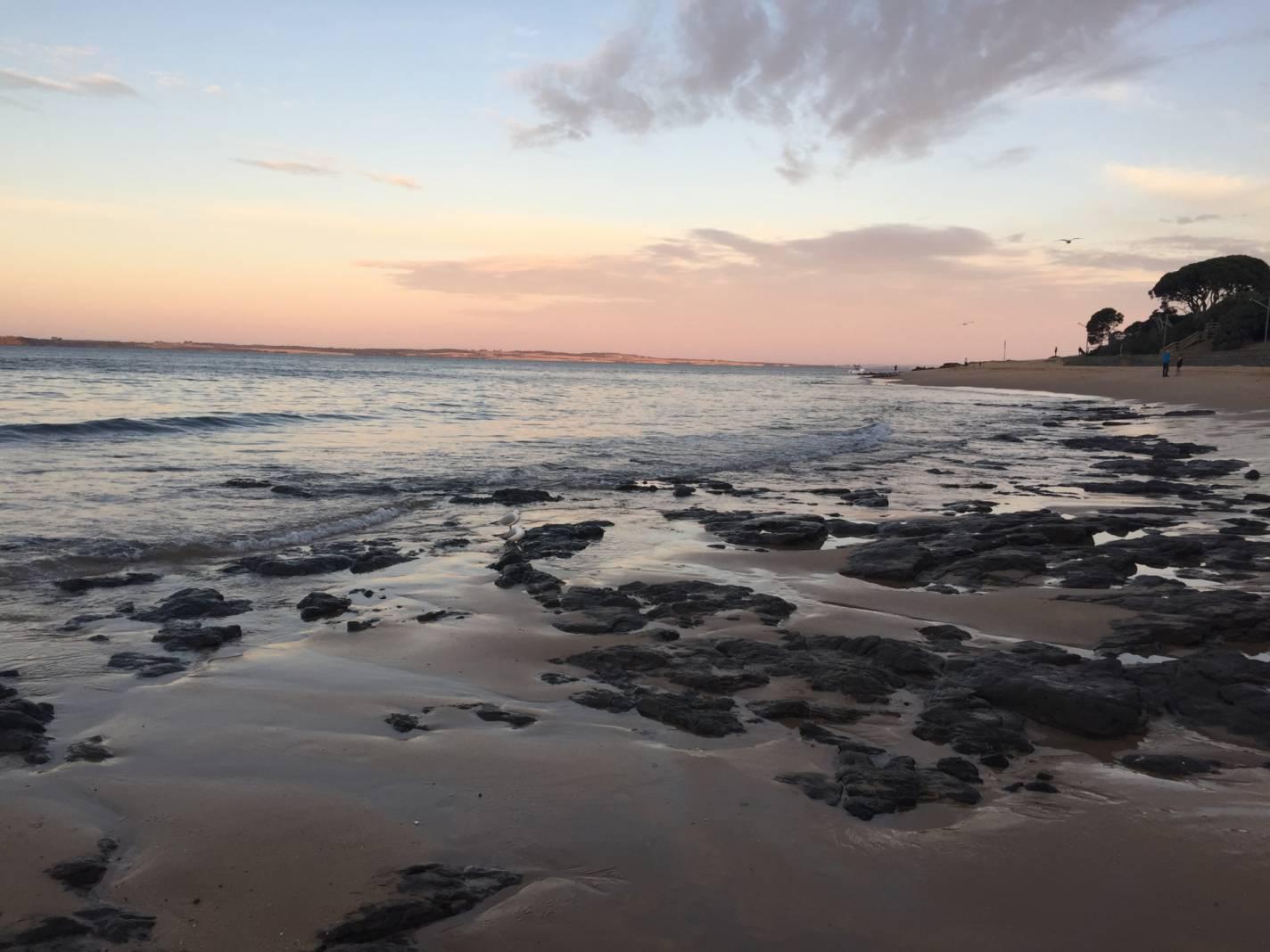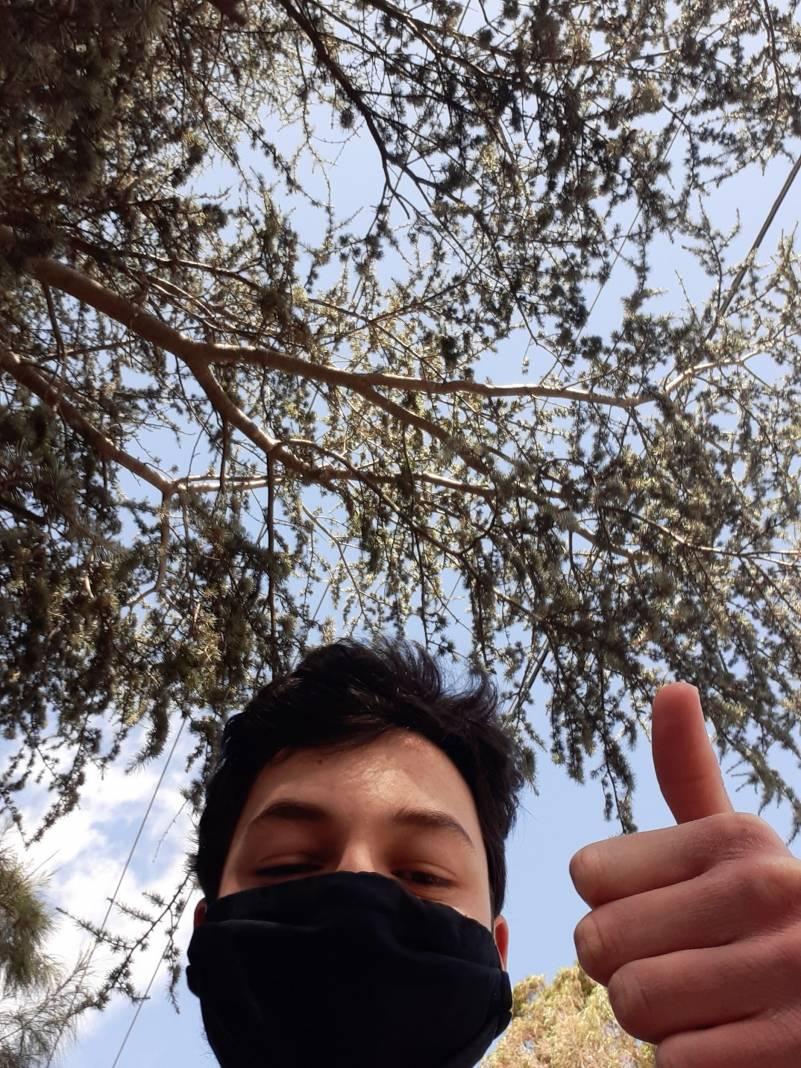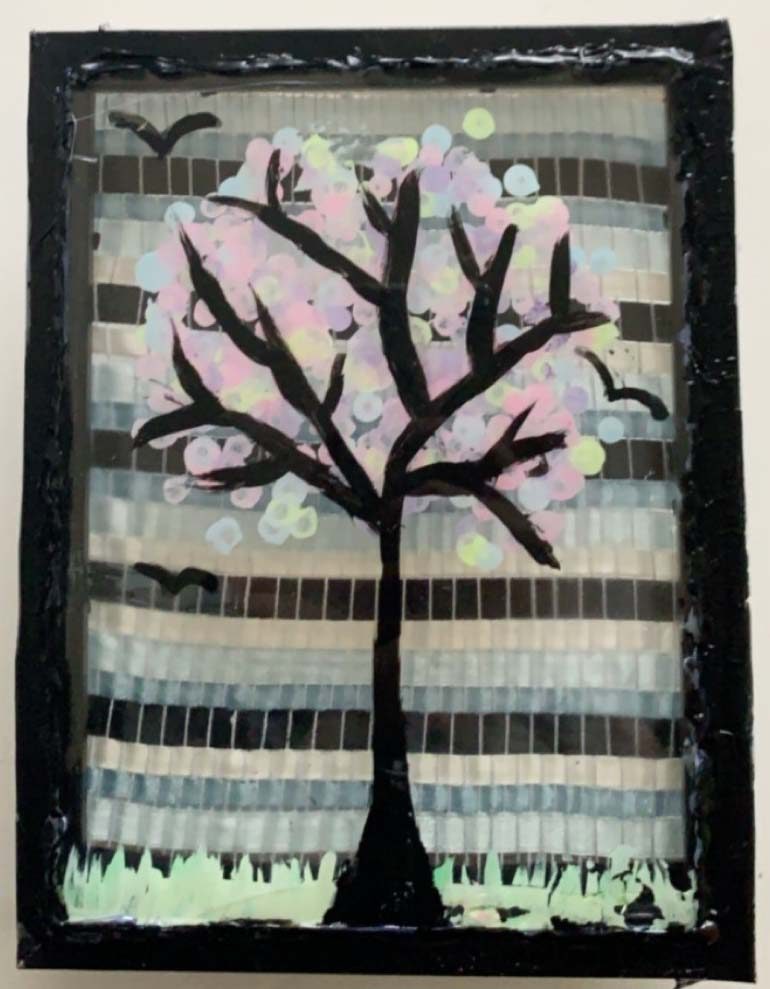Dear members of the Mount Lilydale Mercy College community,
As we move forward in times unprecedented, it is important that we remain focused on the principles that underline and genuinely make us a community: Spirituality, Community and Learning. I believe we have done this well, yet each day continues to provide new challenges.
Our main focus during remote learning has been to provide explicit teaching and opportunity for deep learning. Over these last weeks this has been highlighted to me in a number of ways.
Firstly, last Tuesday, the College held our first ever totally online Student Progress Interviews (SPIs) over a marathon day between 10.00am and 8.00pm. Although a long day for teaching staff, breaks were built in with a stretch break at the end of every interview. I asked you to respect the process and I am grateful that you did. Leading into the interviews there was some trepidation about the process:
- Some staff had never used Zoom before, as we use Google products with our students, so they were fearful of getting it wrong
- Some feared for the strength of their internet at home, so much so that some staff spent the day in offices on campus
- Some were fearful of losing families in the process and not being able to reconnect with them.
In short, a prolonged consultative process allowed the many obstacles to be overcome, to the point that many have communicated how successful and enjoyable they were.
The SPIs were a success and the process to implement them highlights that new things can be achieved with careful planning. Perhaps this provides a roadmap for future SPIs.
Also, over the last few weeks I have been interviewing prospective students who seek to join our College across Years 7 to 12 for 2021, while panels of teachers have been interviewing for Year 7 in 2022, again using Zoom. In so doing, we have discussed reading and number facts like the times tables. Some families asked questions like: what is the best way to help my child remember such facts?
The answers to questions like this will vary.
Some would say rote learning, but I ways remember the teacher who walked up to the Grade student 1 who was humming the rhythm while the rest of the class chanted the times table. When asked why by the teacher, the student replied “I know the music Miss, but I just don’t remember the words”. Yet many did learn their times table by rote.
Another thing that I tell many students who want to study Maths is that “repetition is the best friend of the mathematician”. I still believe this to be true, but not repetition by rote, but rather repetition at doing and solving. Repetition at application. Repetition at doing what is hard. Repetition that drives a deeper learning.
Recently I came across a summary of an article published in a Principal newsletter attributed to: Flow Is the Opiate of the Mediocre: Advice on Getting Better from an Accomplished Piano Player by Cal Newport in Study Hacks (December 23, 2011).
Mastery by working smart
This year, how can you make progress with your schoolwork and find success even in subjects where you have struggled?
A talented piano player figured out how to make practice more efficient and effective so that every performance was just as good as the audience expected.
Do what doesn’t come easily.
In music, it’s a huge mistake to play the piece from beginning to end. The best musicians drill the most difficult parts. You know where your weaknesses are. Concentrate on those areas and work on them until you have mastered them.
To master a skill, master something harder.
Strong musicians find clever ways to complicate the difficult parts of their music, playing a passage with alternative accent patterns, speed, or rhythm. Try new approaches to the work you find difficult. Ask someone else to explain it to you. Present it to yourself in different ways, like word maps. Move up a level and see if that helps you understand.
Systematically eliminate weakness.
Work out where you are weakest and drill yourself in every way you can think of until it sticks. Ask your teachers what you can do to sharpen up. What works in the subjects you are good at?
Imagine perfection.
Good musicians begin with an image of how a perfect performance will sound, feel, and look and play with a perfect mental image in mind. Less-accomplished musicians play while trying to fix problems as they crop up. Always aim for the best. Good enough isn’t good enough for you. Aim for the best. Ask other students how they have mastered the work and follow their methods.
You may be an excellent musician or sportsperson or gamer. What do you do to improve your game? The same approaches will work in the classroom too. Accept the challenge and make this year one of your finest performances.
There is some great advice here:
- Concentrate on weak areas. Do what is difficult
- Approach weak areas from different aspects and imagine what success will look like
- Everyone can improve
- A good way to ensure you understand something is to try to explain or teach it to someone else, with deep applications.
Like you, I look forward to this Sunday’s announcement of a roadmap moving forward.
God bless
Philip A Morison
Principal


Important dates
- Parents and guardians are reminded that Friday 11 September will be a student free day, allowing for catch-up with remote learning.
- The online practice GAT for Unit 3 and 4 students will be held on Friday 11 September.
- Term 3 will conclude on Friday 18 September.
Fees
Dean de Munk
Business Manager
Thank you to all parents and guardians who have once again cooperated and made the payment of school fees a priority during 2020. This year has been an incredibly challenging time for us all with some having work hours reduced or even having their employment position made redundant. This, together with the responsibility of remote learning, has impacted household budgets.
The College has been able to assist some families and many parents and guardians have altered payment plans to assist with family cash flow. The due date for payment of fees has now been extended to Monday 30 November 2020.
I urge parents and guardians to continue with regular payments of fees to ensure that the 30 November deadline is met. At the end of 2019, the College only had a handful of outstanding accounts which have all been collected within early 2020. Our aim is to have zero outstanding accounts come December 2020. Among other priorities, this will assist with planning and allow a minimum fee increase for 2021.
Unfortunately, the operation of the College is still to budget and the College is not in a position to offer discounted fees in 2020 as some other exclusive independent schools are doing. Overall, this year will be an expensive one for the College. MLMC operates on a balanced budget keeping fees to a minimum, which makes it hard to offer any type of discount. This, together with additional unplanned COVID-19 expenditure in 2020, makes it very difficult to do so.
If any specialist levied activity does not eventuate within 2020, refunds will be made. This has already been the case for Semester 1 Outdoor Education charges and we intend to do the same in Semester 2 if necessary. We hope that in Term 4 some activities will proceed.
I welcome any parent or guardian to make contact with me directly at the College to discuss their own school fee situation, if help is required.
Online mass
Fr Dean Bradbury SAC
College Chaplain
An important part of being in a Catholic school such as MLMC is having the opportunity to celebrate the Sacraments available to us. Class Masses are a great way to come together and celebrate the faith that helps make MLMC the great community that it is. Unfortunately, due to the COVID-19 pandemic, we have experienced a disrupted school year. Carefully laid plans to schedule Class Masses for students have had to be abandoned.
Putting in practice the pastoral aims of Catherine McAuley to use the means at our disposal, we have adapted to the limitations placed on us by the lockdown and have found a creative solution. Through the hard work of our Youth Ministry Officer, Miss Ava Brown, we have been able to schedule Class Masses online for Year 7 to 9 students during this term.
While this is certainly nowhere near the ideal way of gathering together as God’s family in the beautiful College Chapel and receiving the Sacrament of the Eucharist, it has enabled us to experience some form of community and to keep us joined together prayerfully. I have been grateful for the participation of staff and students through the reading of Scripture and their shared prayer. It has been great to be a part of this initiative and we pray for an end to the pandemic and the opportunity to gather together in the Chapel.
Each Friday at 8.00am there is the opportunity to join in a College Mass. The link is in SIMON.
The Year 10 Art class has been hard at work these last few weeks building on their knowledge of the art elements and principles and applying them to their own practice. One of their drawing exercises was to focus on the element of form and draw one of the most challenging subjects: hands.
Form is the three dimensional quality of an object and how we perceive it. Finding and drawing the basic forms of your subject, such as cylinders, cubes, prisms and so on, helps to create a ‘skeleton’ of the subject that you can then outline to create a more realistic artwork. This is what the Year 10s did to achieve the hands you see in this article.
The images (above and below) are some of the stellar examples of work in MLMC’s Year 10 Art class.
Here are some student reflections on the task of learning art from home:
One of my favourite classes in remote learning is art. It has been challenging at times but it has always been a fun and exciting class to do. I am learning lots of new drawing/painting styles this semester. This class also makes me feel comfortable to explore and brainstorm different ways to present my art in a creative and unique way.
— Jaimee Wilson (Year 10 Silver) (pictured, above)
The task I enjoyed the most was when we chose an object to draw. I enjoyed that because I was able to choose something that I enjoy.
— Brodie Leist (Year 10 Bronze)
The students have taken the challenge of being a part of a remote art class in their stride, and their submissions continue to impress! Look out for their still life drawings in our next newsletter.
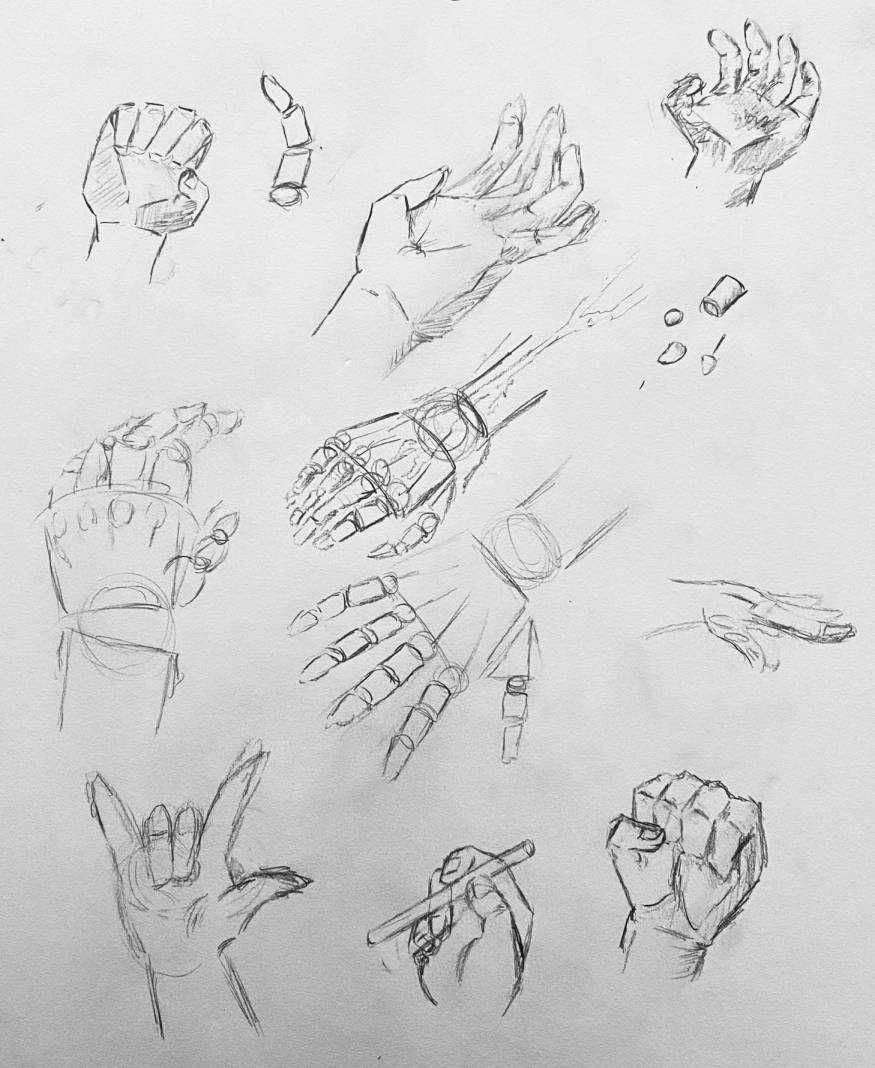
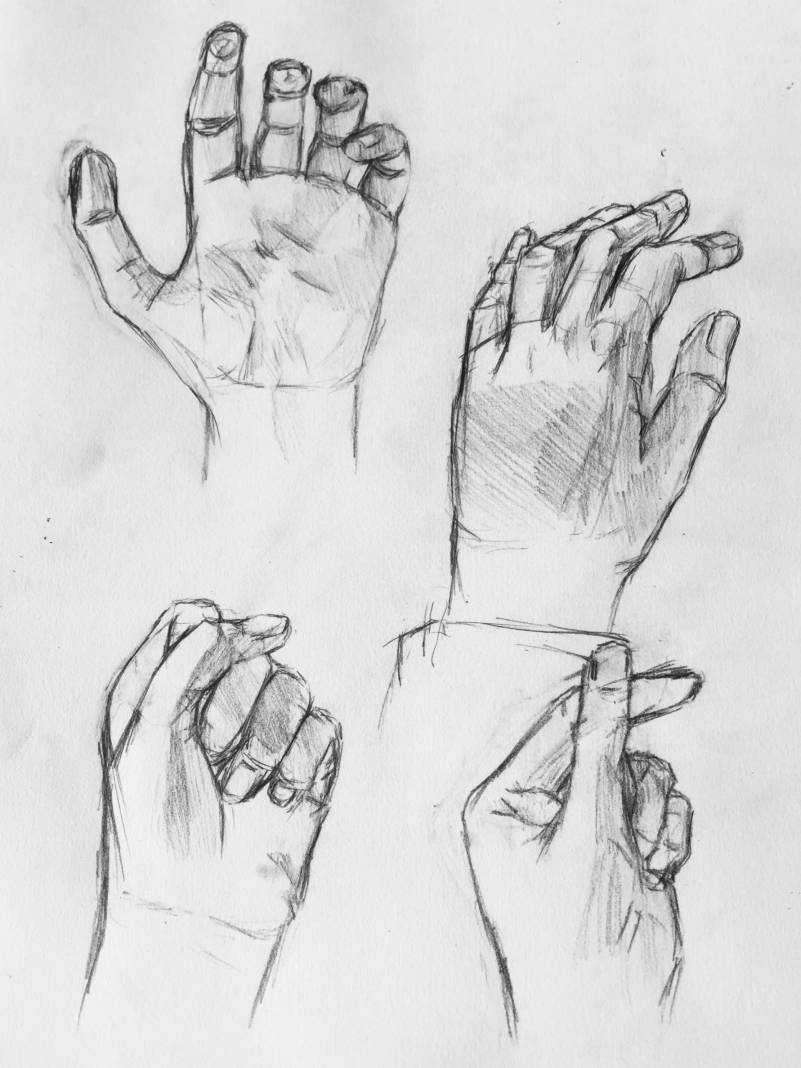
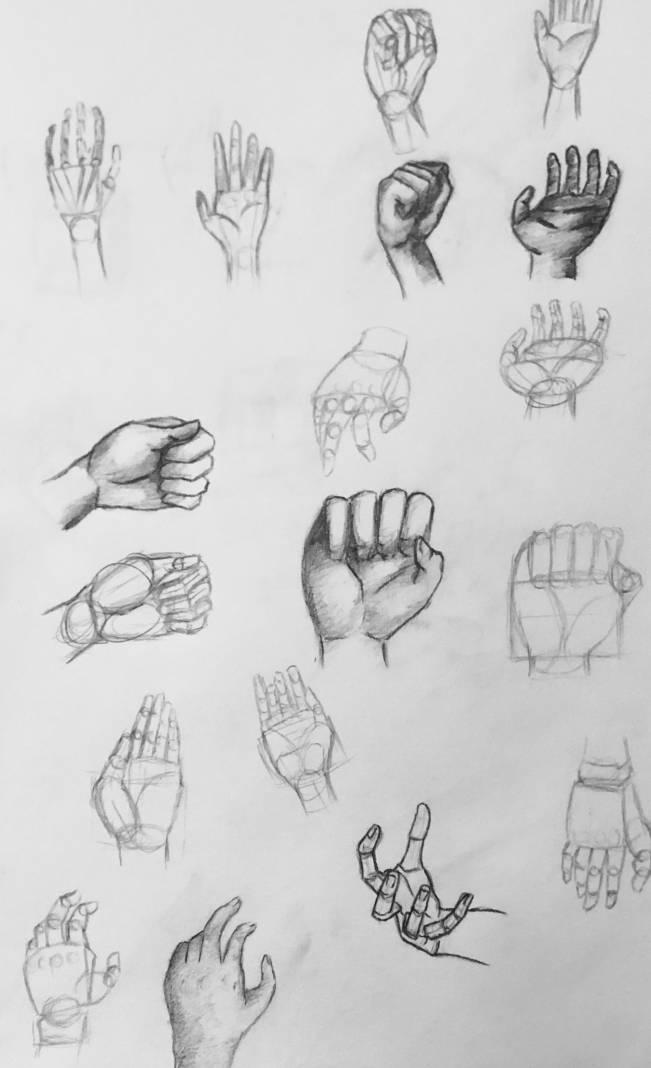
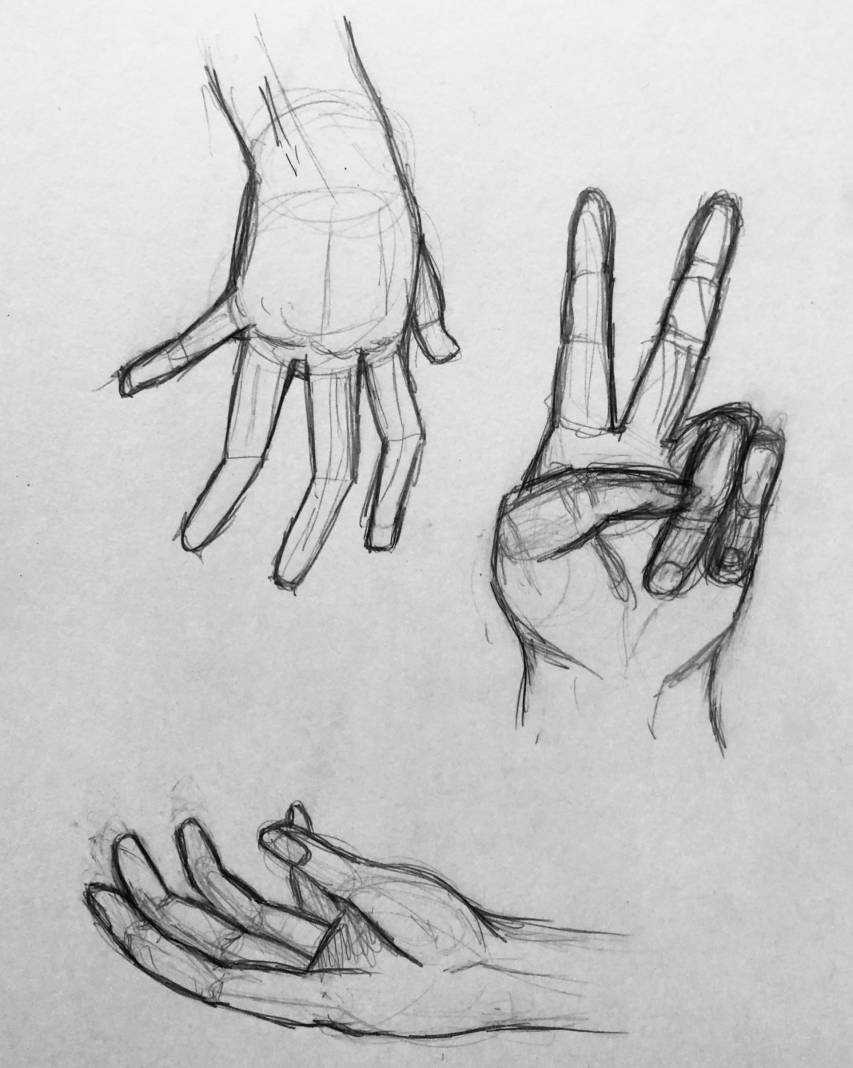
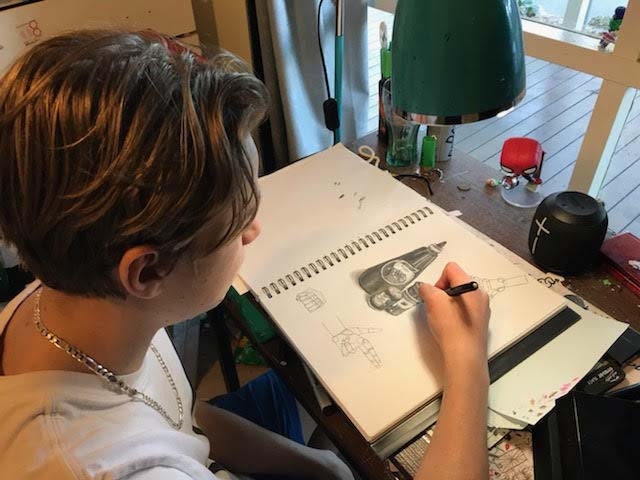
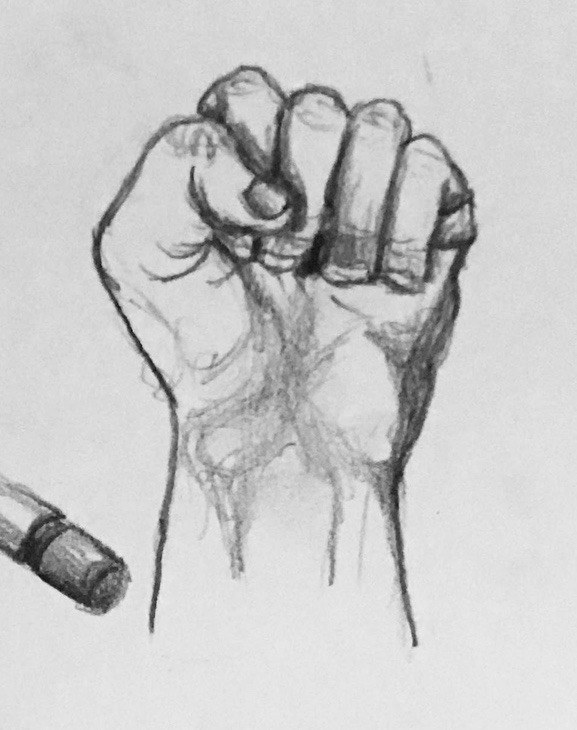






Bless all the fathers in the world who have accepted the responsibilities of being a parent. Guide them to be outstanding role models to their children. Let them look to your example and to parent with patience, unconditional love and understanding.
We give our thanks, Creator God, for the fathers in our lives.
Fatherhood does not come with a manual, and reality teaches us that some fathers excel while others fail.
We ask for Your blessings for them all — and forgiveness where it is needed.
This Father's Day we remember the many sacrifices fathers make for their children and
families, and the ways — both big and small — they lift children to achieve dreams thought beyond reach.
So too, we remember all those who have helped fill the void when fathers pass early
or are absent — grandfathers and uncles, brothers and cousins, teachers,
pastors and coaches — and the women of our families.
For those who are fathers, we ask for wisdom and humility in the face of the task
of parenting. Give them the strength to do well by their children and by You.
In Your Holy name, O God, we pray.
Amen
— Rev. Chuck Currie
One of our Year 7 students, Ayda Paterson (Year 7 Jade), is among the 30 finalists for The Lester Prize’s Youth competition for her amazing painting (pictured).
She is among the secondary school-aged children from around Australia in the running for Western Australia’s premier fine art prize, which was formerly known as the Black Swan Prize for Portraiture and is now in its 14th year.
Her painting is called Promise You Won't Forget Me Ever. It is a portrait of her brother Ruben, who passed away when he was nine months old. “She painted this as a present for me and Rob (her dad),” Ayda’s mum Alicia said. “She started drawing when she was about nine and I knew straight away that she had a gift. She then started attending weekly art lessons with Kapi Art space (in Kalorama) and has just blossomed since then.”
Ayda paints with oils and also uses soft pastels and pencils. She loves to draw and paint portraits and animals. “She's done a variety of commissions for people and is just getting better and better,” Alicia said. “She has an easel set up in her bedroom and likes to shut the door and just get lost in her artwork.”
Amazingly, Ayda submitted the painting into The Lester Prize of her own accord, “so it was a huge surprise for her to be selected as a finalist”, Alicia said. The Paterson family now have to send the painting to WA to be put on display in Perth and be judged. In usual circumstances, if she was chosen in the top three she would fly over for the announcement of the winner in mid-November, but this may not be possible.
We wish Ayda good luck for the competition!
Find out more about The Lester Prize HERE.
More than 200 young and aspiring artists from across Australia entered this popular portrait prize this year. A total prize pool of over $6000 is up for grabs with students in Years 7–12 awarded in three age group. Winners and runners-up will receive cash, gift vouchers and art supplies to help them further their art practice.
“These prizes will be of great benefit as these artists continue to build their skills in the art world,” said Annie Silberstein, The Lester Prize’s Executive Director.
The 2020 Youth Pre-Selection Panel commented: “It was great to see students extend their thinking, understanding and use of perceptual and conceptual skills in their artwork. There was a high prevalence of self-portraits in this year’s submissions — some pensive, a few fragmented. Many undertook to examine their own life, friends, family and culture — showing the development of a deeper understanding of their practice as an artist with individual views about the world and global issues.”
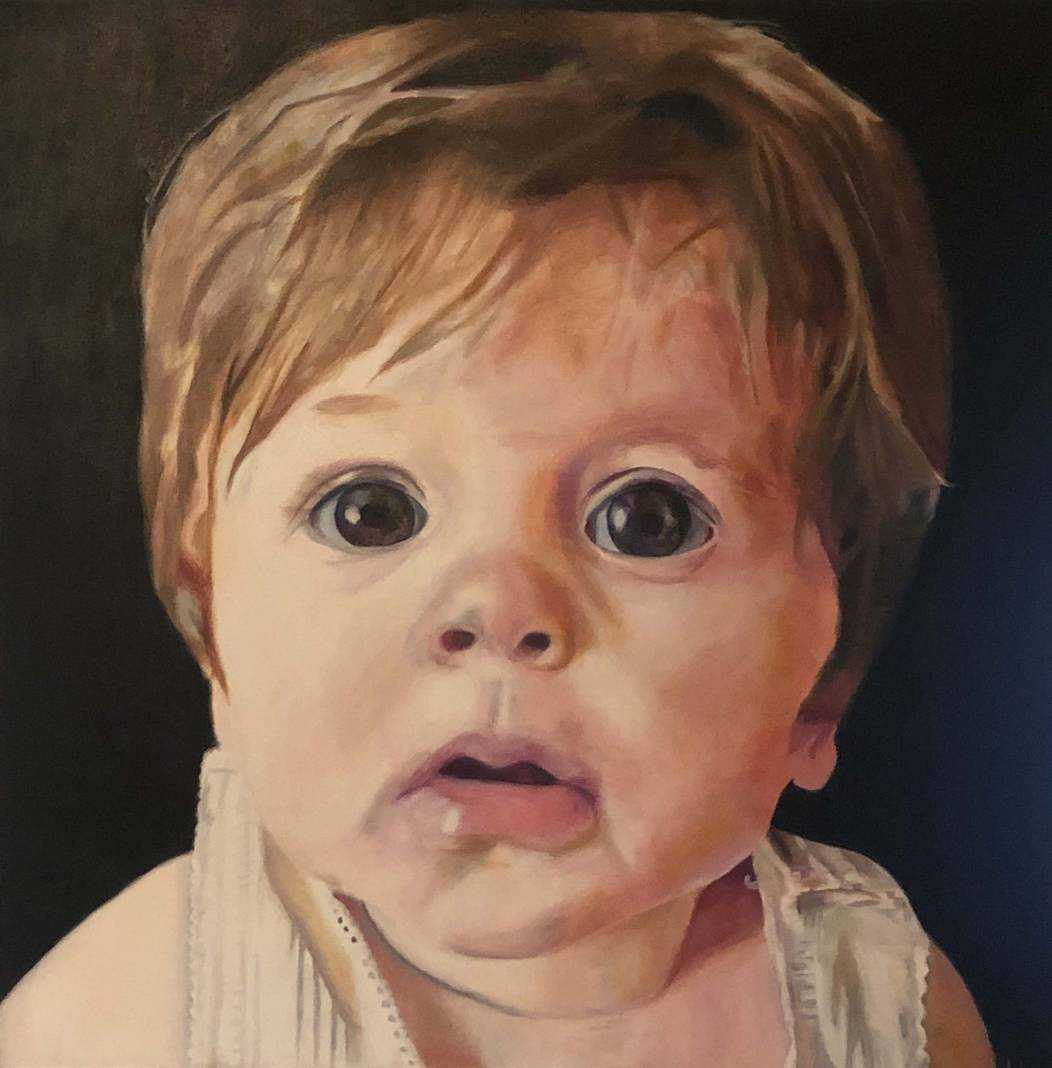

We all know the world is quite topsy-turvy right now, because of the coronavirus (COVID-19). If you are feeling overwhelmed or stressed by it all, be reassured that this is a very normal response. However, it’s important to go easy on yourself and to take time for self-care.
Self-care is anything you enjoy doing that helps make you happy and maintains your physical, mental or emotional health. It's when you take the time to take care of yourself. It can be simple everyday pleasures like soaking in the bathtub, reading a magazine or going for a run. Or bigger things like connecting with friends, cooking a meal or engaging with a hobby. For families, self-care helps parents and teens deal with life’s everyday pressures in a more positive and rewarding way.
Regular acts of self-care help keep you energised and deal with pressures well. So be kind to yourselves, sit down with the family — talk about the importance of each of you doing the things that you enjoy, that make you feel happy. Share ideas and put them in the planner or calendar. And support each other in doing them. Self-care is fun and good for you — enjoy it!
We’ve included a checklist (attached) with some ideas to get you started but there are so many possibilities out there. We encourage you to find what works for you and start making time to practice a little self-care each day.
Further resources can be found at these sites:
https://parents.au.reachout.com/skills-to-build/wellbeing/things-to-try-self-care
https://coronavirus.beyondblue.org.au/managing-my-daily-life/young-people-aged-14-25.html
You can find more details about our service, availability and how to make an appointment on the College website HERE or send an email to the team at counsellingwellbeingteam@mlmc.vic.edu.au
Learning Support Officer (LSO) Appreciation Week is an opportunity to acknowledge the important role these staff members have in our community. Their hard work and dedication makes a difference in the lives of students and teachers.
Our Learning Support staff work in year level teams, in partnership with College leaders, teachers and parents, to ensure that school is a place in which students can become the best versions of themselves. Their knowledge and understanding of diverse learning needs is testament to their ongoing commitment to professional and personal learning, and it is supported by individual passions and strengths. Our Learning Support Officers (LSOs) not only work with students, they work for students, by assisting in the development of Educational Care Plans and monitoring students’ progress through meticulous record keeping based on observations and direct support.
Developing positive relationships with students, generating resources, building skills, supporting wellbeing, collaborating with teachers, communicating with parents and being available, is the unique skill set demonstrated by our LSOs every day. With compassion and hospitality, they dedicate their time to supporting some of the most vulnerable students in our College community.
I know that the MLMC community would join me in thanking: Mrs Dianne Palombi, Mrs Elisa Massarotti, Mrs Linda Delaney, Miss Emily Schneider, Mrs Tina Pike, Miss Georgia Burke, Mrs Ingrid Sibberas, Mrs Sally Wingett, Ms Pauline Edmonds, Mrs Helen Savaris and Mrs Kate Richardson.
Great MLMC Dog Walk
Wednesday 26 August was International Dog Day, and what better way to celebrate than by taking part in the ‘Great MLMC Dog Walk’. This event was an idea of Miss Rachel Berka and it was an outstanding success, with many staff and students treating their dogs to a special walk and photoshoot. The task was simple: go for a walk with your best friend and snap a picture of you doing this. We loved seeing all the happy dogs and their owners soaking up the sun on a lovely winter's afternoon.
TD 42.2
The first two weeks of the four-week TD 42.2 challenge, an event named after former teacher and House patron Terry Dunn, have been amazing. We have had a total of 72 participants complete nearly 1500km of walking and running and there’s plenty of time to get more people involved. This is a great opportunity for students to earn points for their House and also earn commendations.
We have already had three students and two staff members reach 42.2km — a great achievement, which we hope to see more people reach. We have clear winners in both the staff and student categories. Mr Dan Beard is leading the staff with a total of 125.52km and Joshua Handasyde (Year 8 Purple) is leading the students on 113.36km, ahead of Kelly Whitchell (Year 11 Red) on 63.17km.
We are super proud of everyone who has stood up and taken the challenge head-on. There are still two weeks left, so a total of 14 hours of exercise that students and staff can use to contribute to this challenge if they use their allowed one hour a day wisely. To make the challenge more fun, students are encouraged to get friends and family involved too. Don’t stop once you have reached the 42.2km mark either — make yourself another challenge and aim for 50 or even 100km.
For the week of 7-13 September, parents’ kilometres can be added too – students just need to add their kilometres to the Google form (if the parent has a different surname to the student, students please put your surname in brackets so we know who to give the points to and add “parent” in the year level spot).
Click on the Terry Dunn 42.2 link HERE to log your walk or run.
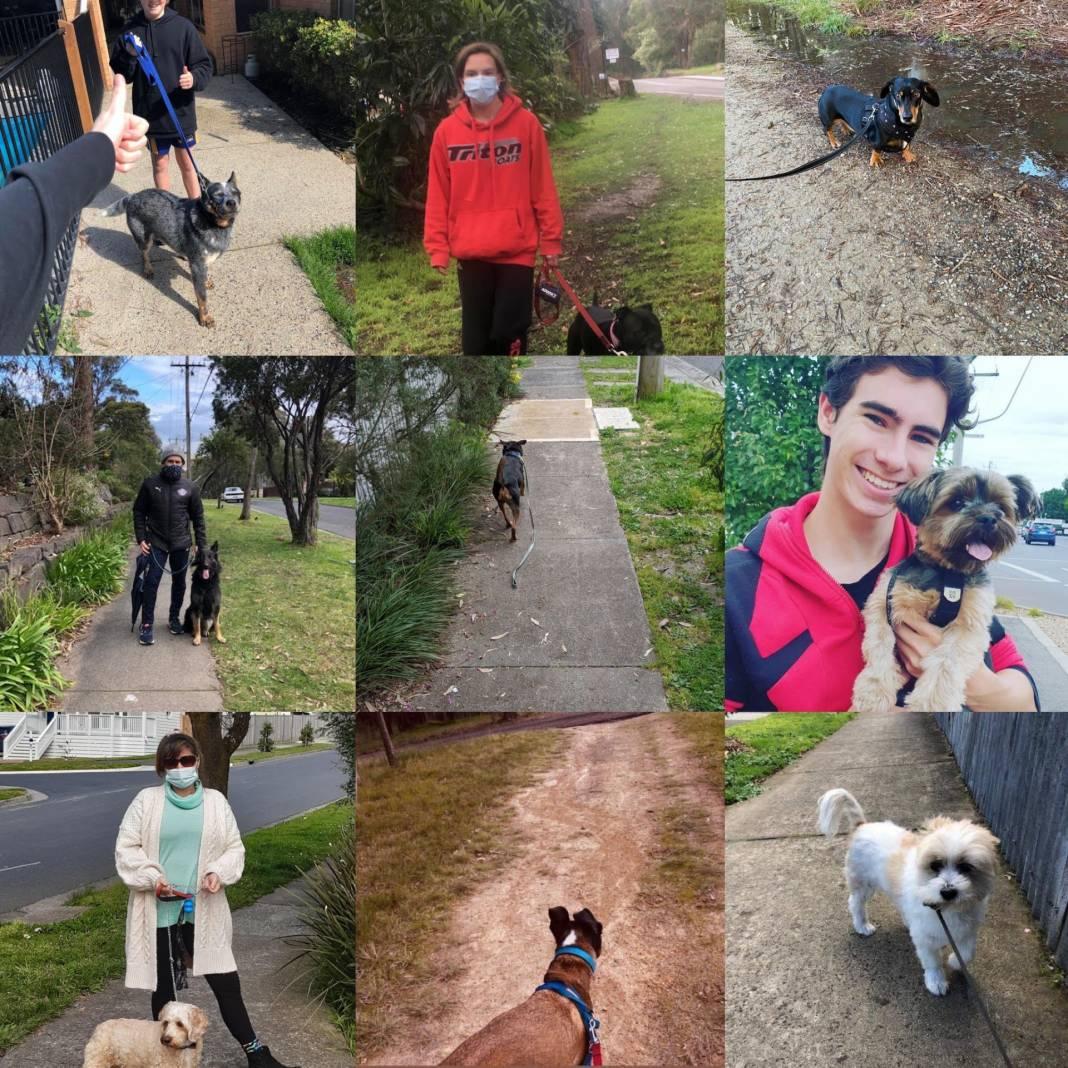
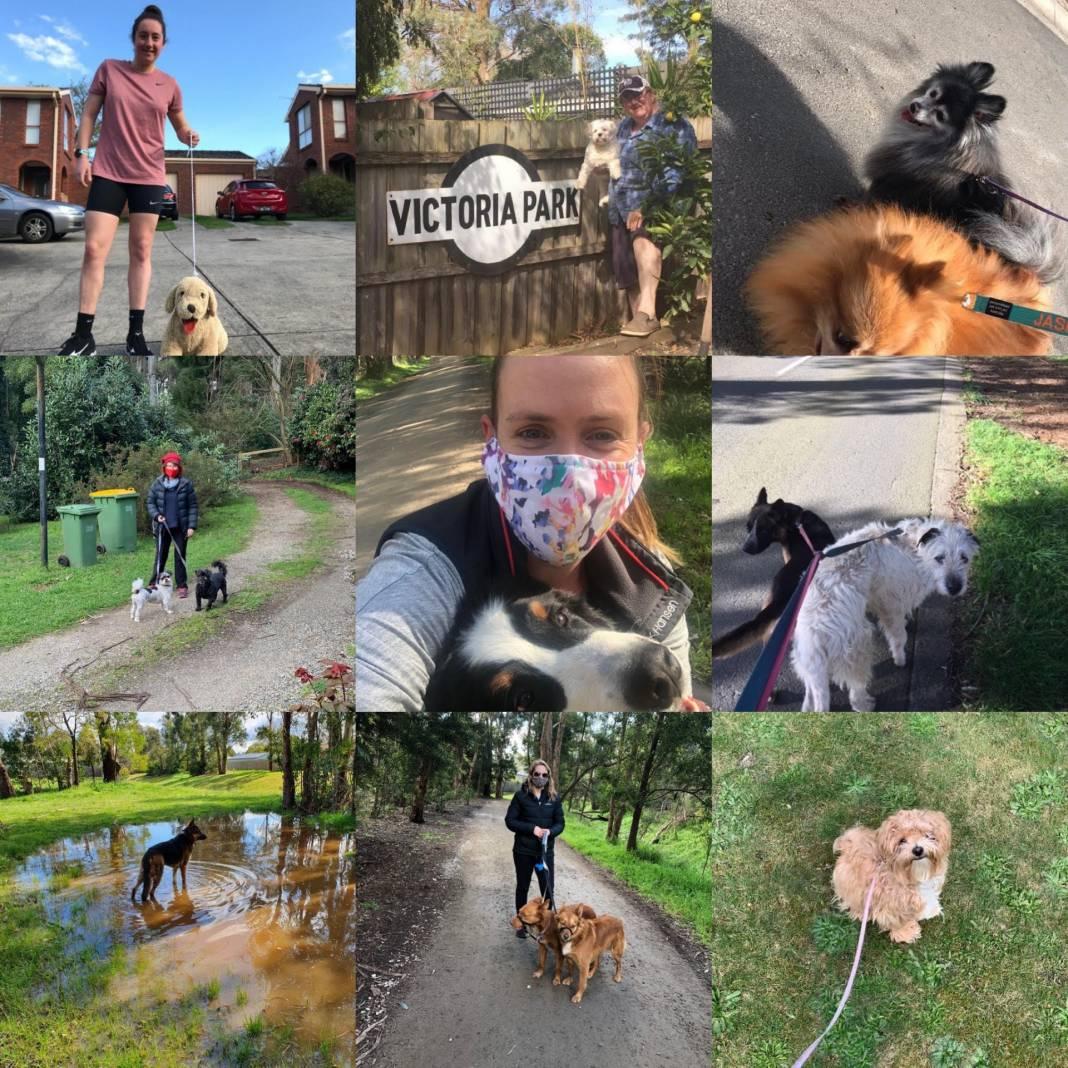


In Year 11 Systems Engineering, the students study fundamental electrotechnological principles including applied electrical theory, standard representation of electronic components and devices, elementary applied physics in electrical circuits and mathematical processes that can be applied to define and explain the electrical characteristics of circuits. This unit offers opportunities for students to develop, apply and refine their knowledge in the creation of an operational system.
Below two students, Sam Green and Alec Grebe, share their reflections on what they have learnt in the class this year working together on building a farmbot.
Sam Green (Year 11 Red):
Although 2020 has been a rough year for all of us, Year 11 Systems Engineering this year has been a great experience. Mr Stephenson and Mr Ashley Savage (IT) gave us a great project to attempt and I believe Alec and I embraced this challenge with both pride and workmanship through both face-to-face learning and remote learning. Although we are yet to finish this class, we have made significant inroads into getting the farmbot completed by the year’s end. Farmbot is an open-source machine/project, meaning all models and software is free to use, that uses weather and moisture levels to garden its own patch of dirt. This means that the movement of this machine is fully automatic, like a 3D printer (CNC), it seeds its own seeds, waters its own plants, weeds the garden and checks online records and local data to make the perfect scenario for the amount of water to be given. It has been a pleasure working with Alec on this project and I sincerely hope that everyone gets to see this project put to good use somewhere around MLMC itself.
Alec Grebe (Year 11 Green):
It has been a pleasure to continue working with Sam, Mr Stephenson and Mr Savage on this amazing project. Sam and I were approached by Mr Stephenson and Mr Savage with a proposal of building a farmbot, which we had not heard of before. However, Sam and I took on the challenge of building this specific CNC machine with great enthusiasm and determination. Within the timeframe of documenting all the parts in our folio we were plunged into lockdown. Even though we were stuck inside and couldn't work on the physical form of the farmbot at school, we finished most of the folio. This allowed us to work on the farmbot with full focus on the physical aspects once we got back to onsite learning. However, we again returned to lockdown. Sam now works on the farmbot in his garage while I work on the documentation of our folios. This allows us to make good progress on the project, and it keeps us busy and sane at the same time. We will hopefully finish this amazing project by the end of the year.
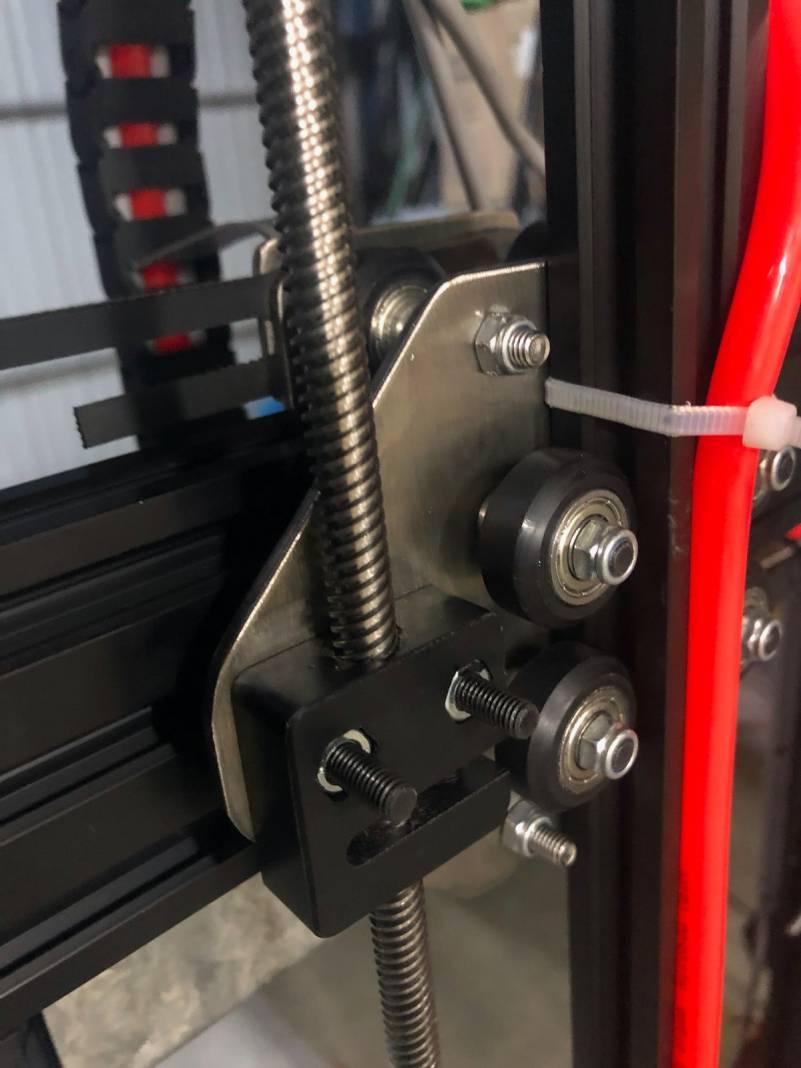
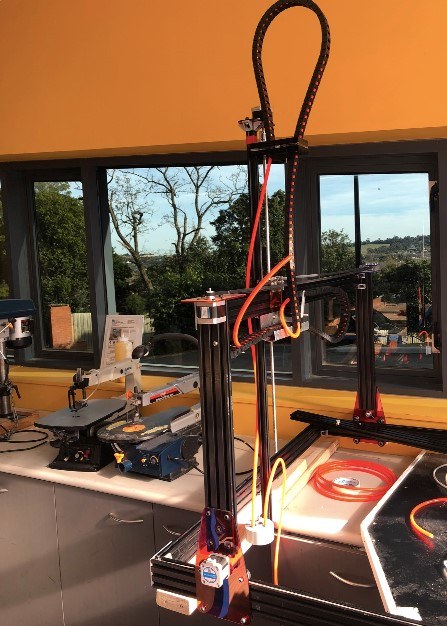
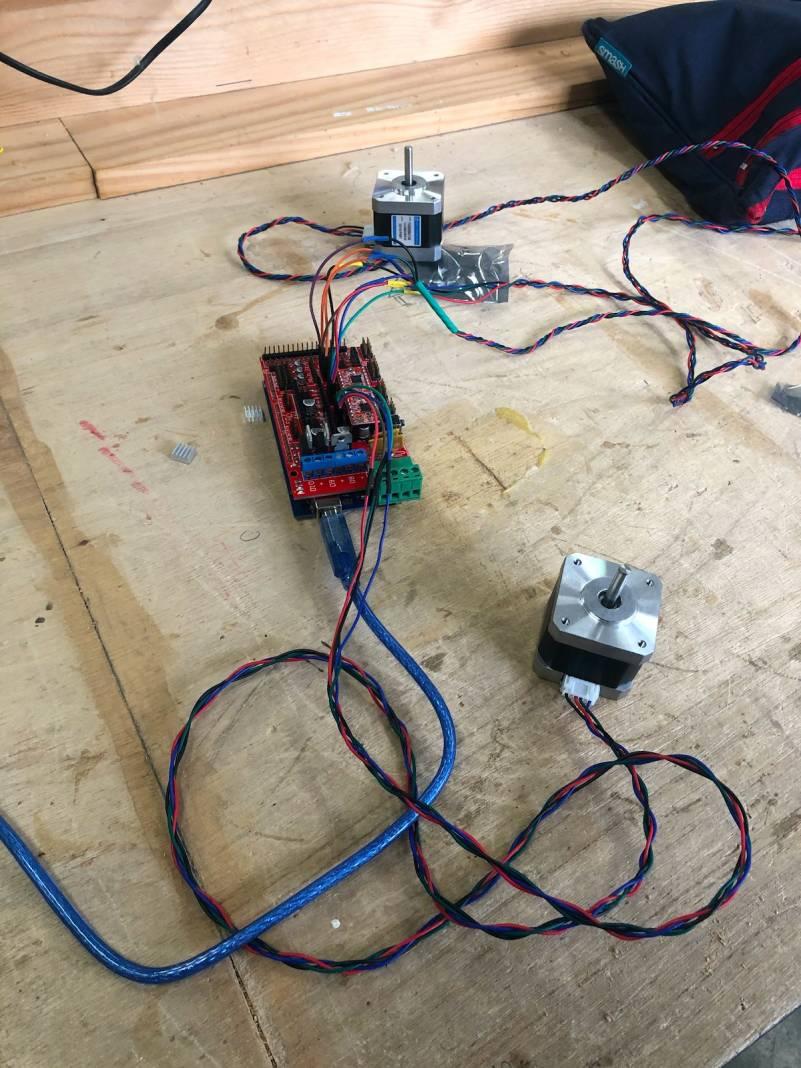



MLMC has now been awarded and recognised as a three-star sustainable school through Sustainability Victoria’s Resource SmartSchools program. At the time of writing this article our suburb experienced a large power outage and I was forced to complete this using candle light — possibly taking sustainability too far.
The Resource SmartSchools program aims to assist us in integrating sustainability into the planning and strategic processes of the College. It also helps to develop ways to improve resource management, embedding sustainability practices into the school operations, teaching, learning and community engagement.
The College’s first star was awarded for our core module. This module is designed to ensure the College has the policies and procedures that will embed sustainability into its curriculum across all year levels and that it educates staff and students on minimising the use of water, energy and waste. To assist the College in achieving this, a School Environmental Management Plan has been developed, which outlines these goals and sets targets for College sustainability. To be recognised as a Resource SmartSchool, the College was required to submit baseline data regarding College water, waste and energy consumption. This data ensures the College can record continuous improvement in its attempts to reduce resource use, make cost savings, integrate sustainability into the curriculum and celebrate achievements with the wider College community.
This week the College was awarded another two stars for Energy and Biodiversity. These stars are not easily achieved and credit must be given to the wider College community for its efforts in leading the learning and education of students in the way the College can be more energy efficient and protective of its biodiversity habitat in and around the College.
The second star relates to actively engaging the community on sustainability issues and opportunities. The College has been active in fostering partnerships within the local and extended communities. These have included grants from Melbourne Water, thanks to the assistance of teacher Mr Paul Morgan, and for the sustained efforts of teacher Mr David Banfield in securing funds from Landcare Victoria to further establish the College’s frog pond (pictured). This site acts as a vital refuge in the survival of our endemic Banjo frogs.
Yarra Ranges Shire has also been an active partner with the College in land and vegetation rehabilitation works. These activities have been supported with the assistance of students from VCAL, VET and Agriculture. Staff members Mr Steve Tarulli (2019 VCAL Leader) and Mr Tim Thompson (Agriculture teacher and McAuley Park Farm Manager) have actively assisted with a number of major revegetation programs within our local area (pictured).
Science Faculty Learning Leader Mrs Urszula Faulkner has been instrumental in working with Science students as they took part in the Melbourne Water River Detectives Program (pictured). Data the students collect each year from nearby Olinda Creek is supplied to and utilised by Melbourne Water in its research into the health of our local river systems.
The third star relates to a focus on strategic planning to integrate education for sustainability into campus, curriculum and community. This is where students become actively engaged in designing and constructing a systems approach to how the College uses resources. The installation of the 100kWh solar panel system (pictured) has made a large impact on reducing the College’s energy consumption along with simple projects like turning off lights and heating when classrooms are not being used and the installation of energy efficient LED light bulbs and curriculum content covering renewable energy and greenhouse issues. Water saving features have been installed in most areas of the College, which has assisted in reducing utility costs.
To achieve our three-star status, is truly a whole school undertaking, with many successful outcomes. MLMC has worked diligently to achieve these exceptional results and this is in no small measure due to the efforts and guidance of staff member Mrs Cathy Pote. The College is currently working toward realising a five-star rating as part of the Resource SmartSchools initiative. You can read more about Resource SmartSchools HERE.
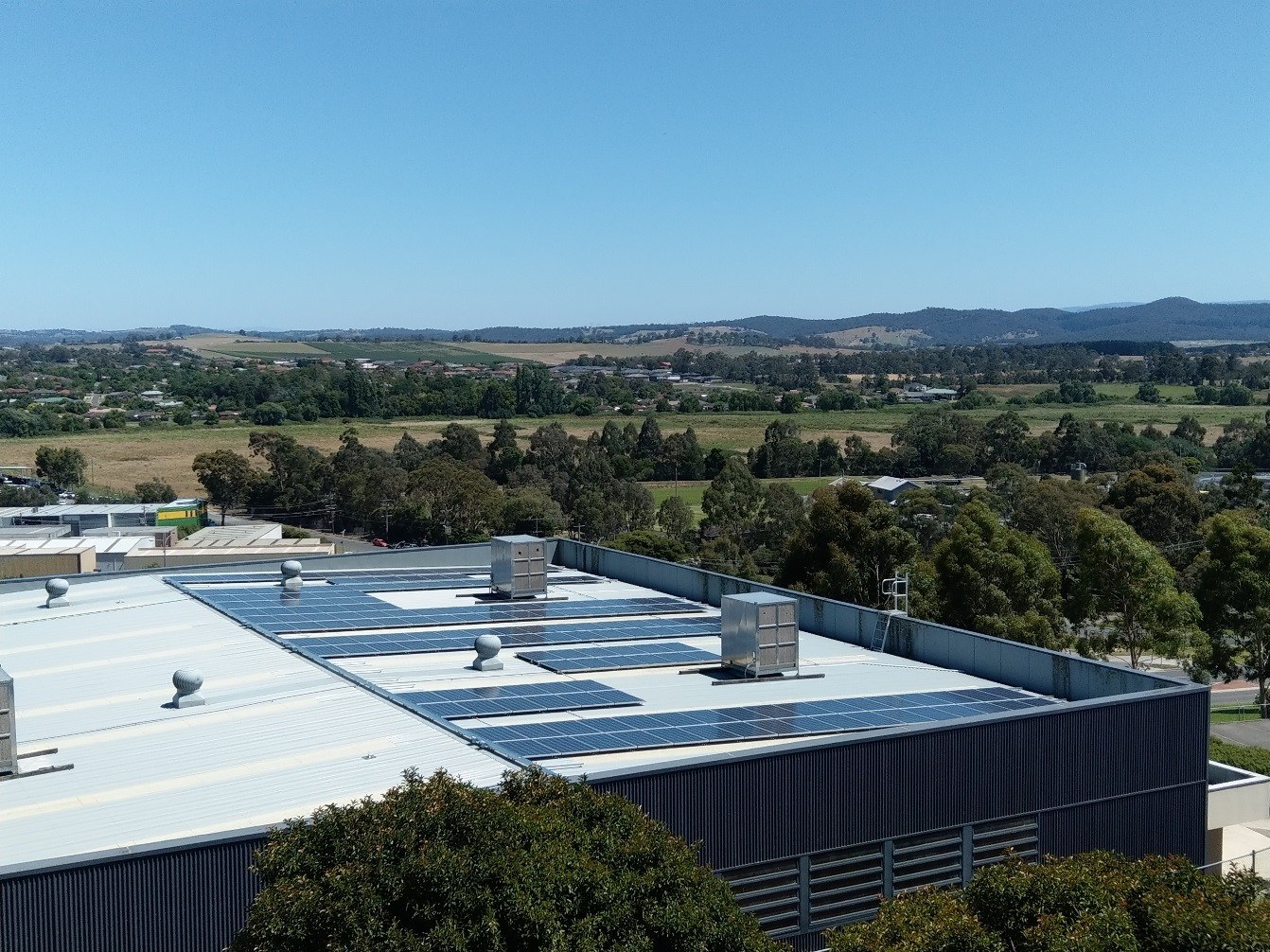
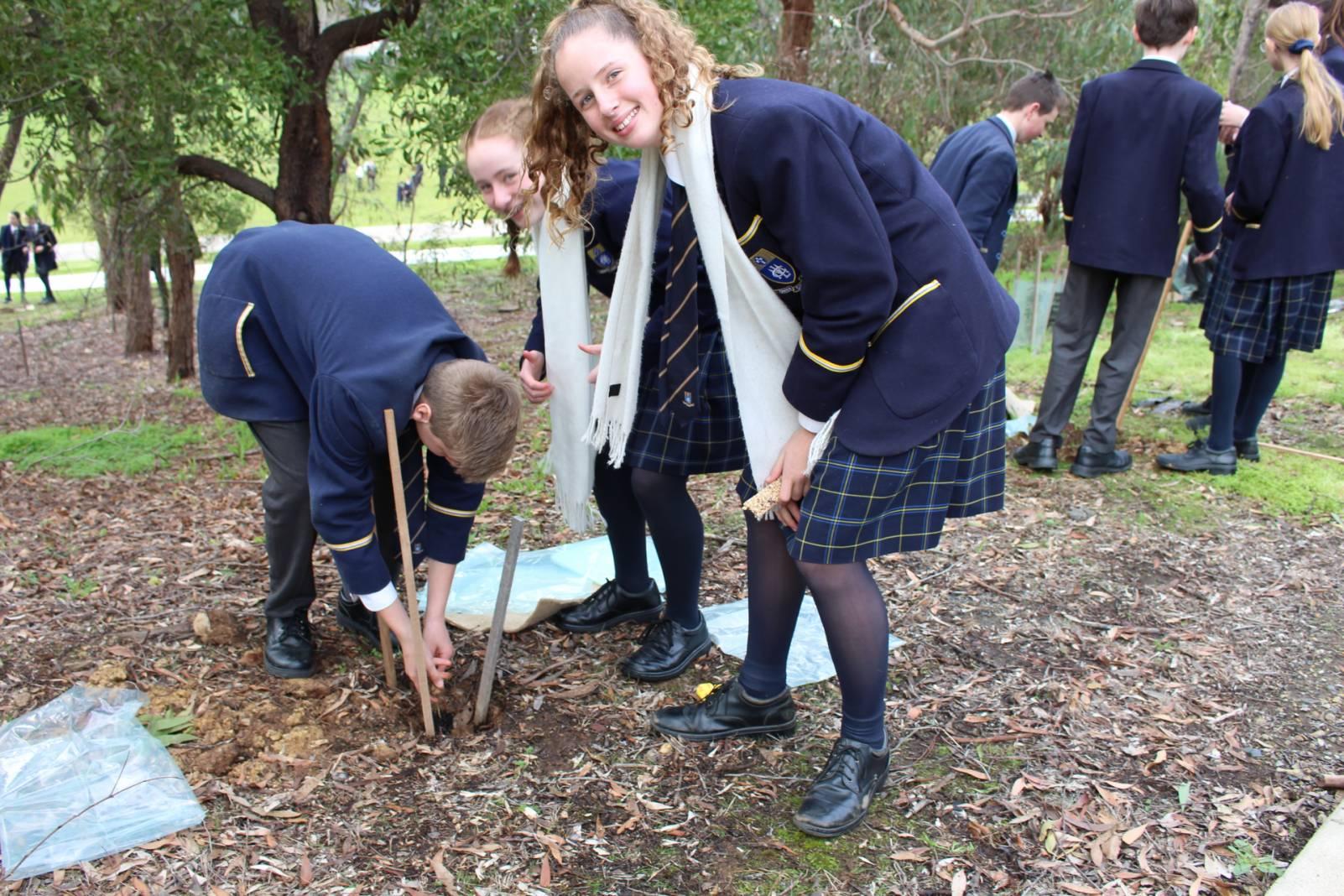
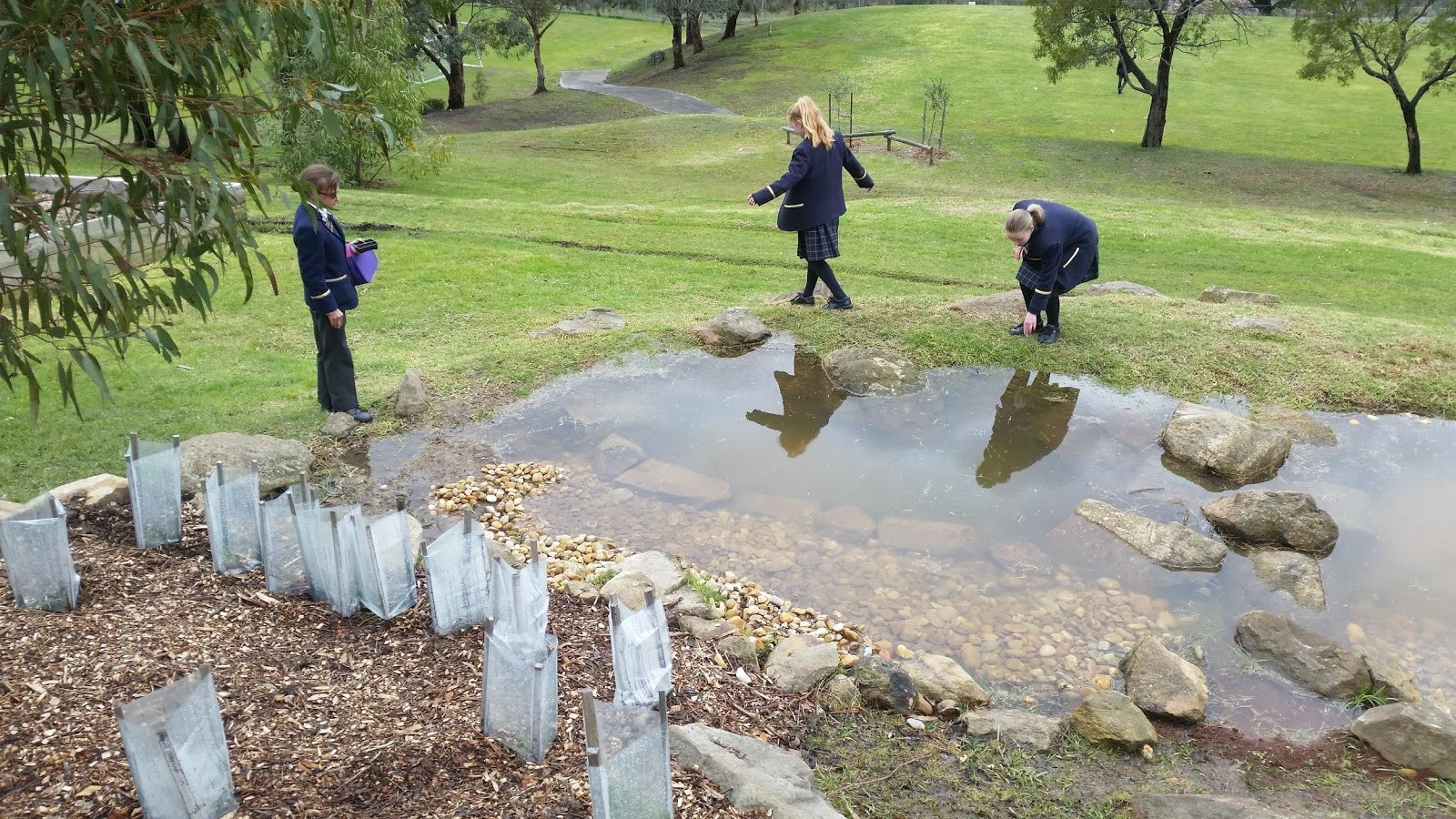



As part of 2020 National Science Week, which ran from 17 August to 21 August and had the theme ‘Deep Blue: Innovations for the future of our oceans’, MLMC’s Science faculty ran a photo competition called ‘My Connection to the Ocean’. The competition aimed to promote and raise awareness among students and staff about the importance of looking after the health of our oceans to care for the wellbeing of our planet.
We have a responsibility to protect ocean life and to address issues such as plastic pollution and climate change. As Australians, many of us also have a personal connection to our country’s coastline.
The winner of the photo competition was Amber Usenich (Year 9 Gold) with her photo of a slightly rocky beach at dusk. Honourable mentions go to:
- Millie Barker (Year 10 White) — sunset at a beach
- Seamus Coffey (Year 10 Blue) — the lighthouse
- Lincoln van Duuren (Year 8 Gold) — rocky coastline.
Well done to all the participants! Students and staff will be able to enjoy all the photo submissions on display in the Harley Laboratories over the coming months.
Well done also to the winner of the Science Week quiz, Denisse Lopez Garza (Year 8 Blue).
A big thank you to our Science prefect Jamieson Manger for all of her work during Science Week and also to our photo competition judges.
Other entries in the gallery are from Sophie Manser (Year 7 Green), Nikita Garrett (Year 10 Purple), Jamieson Manger (Year 12 Gold).
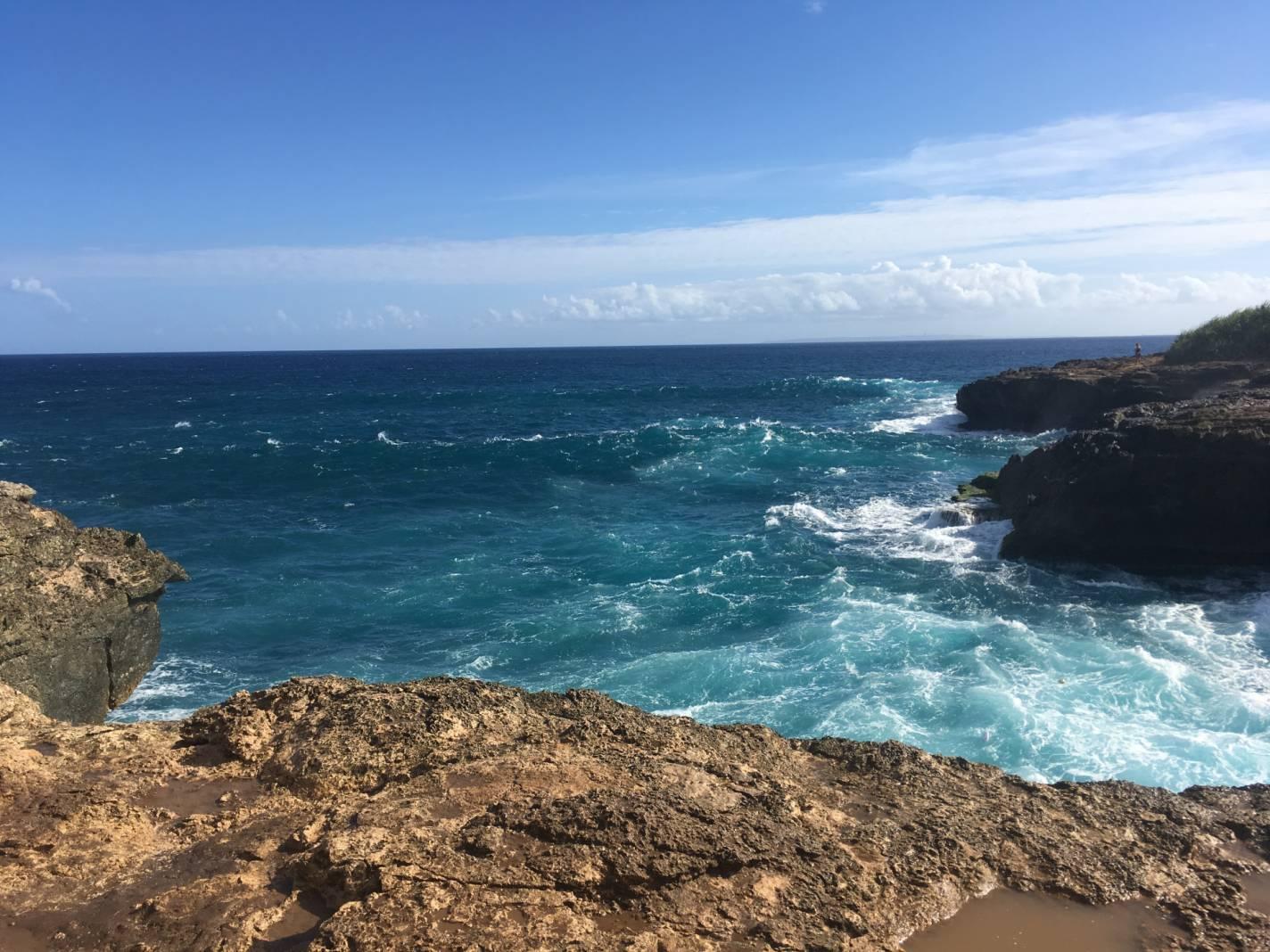
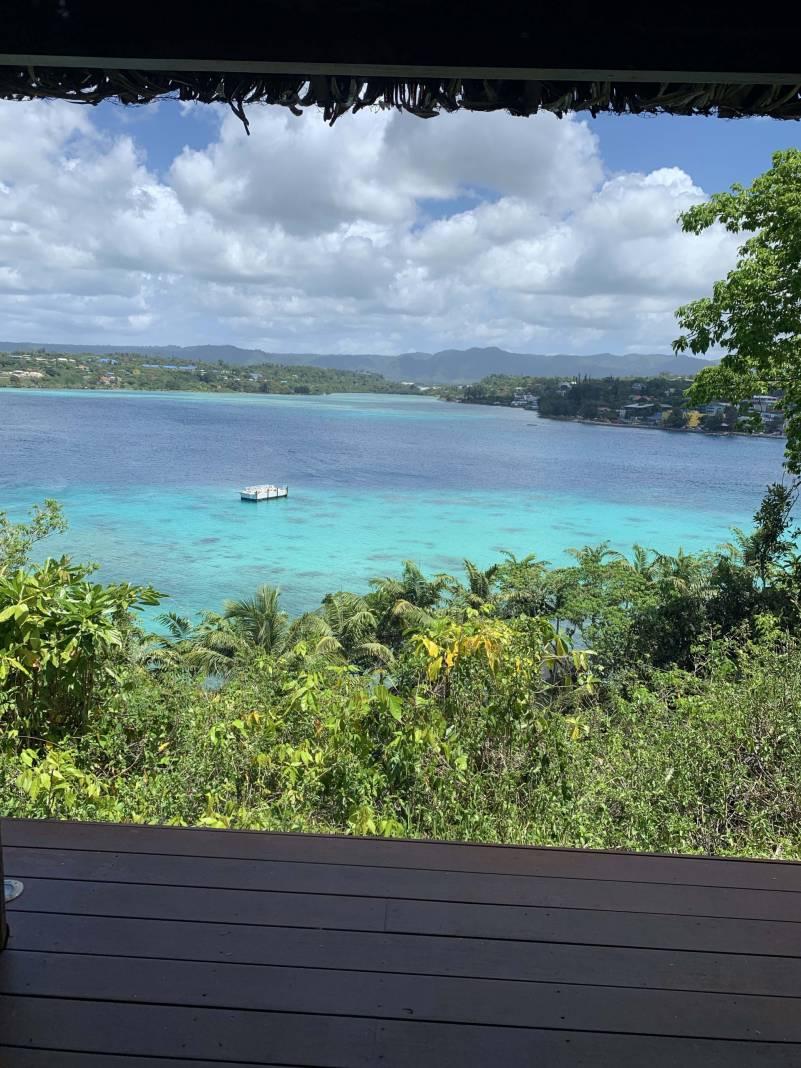

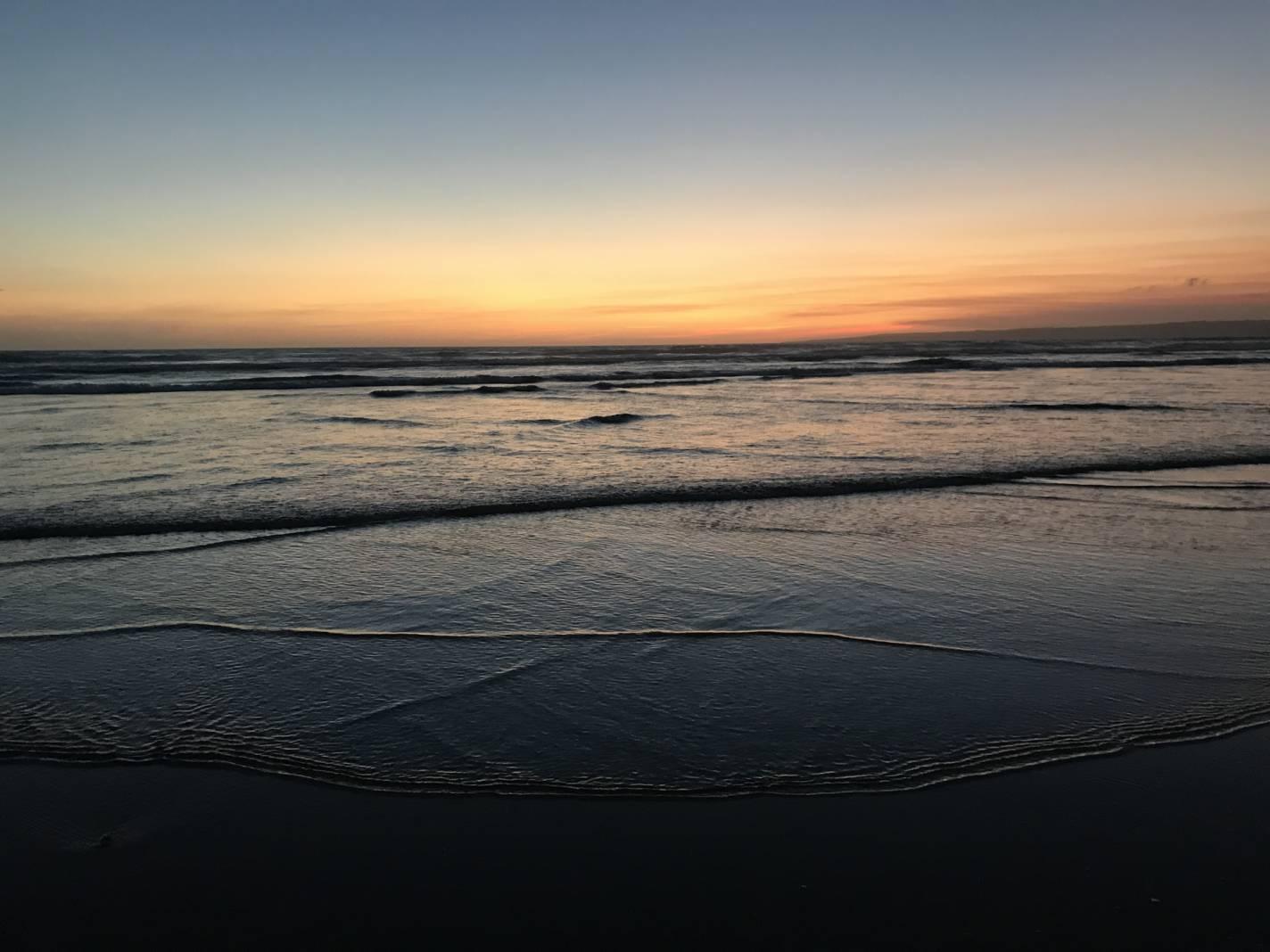
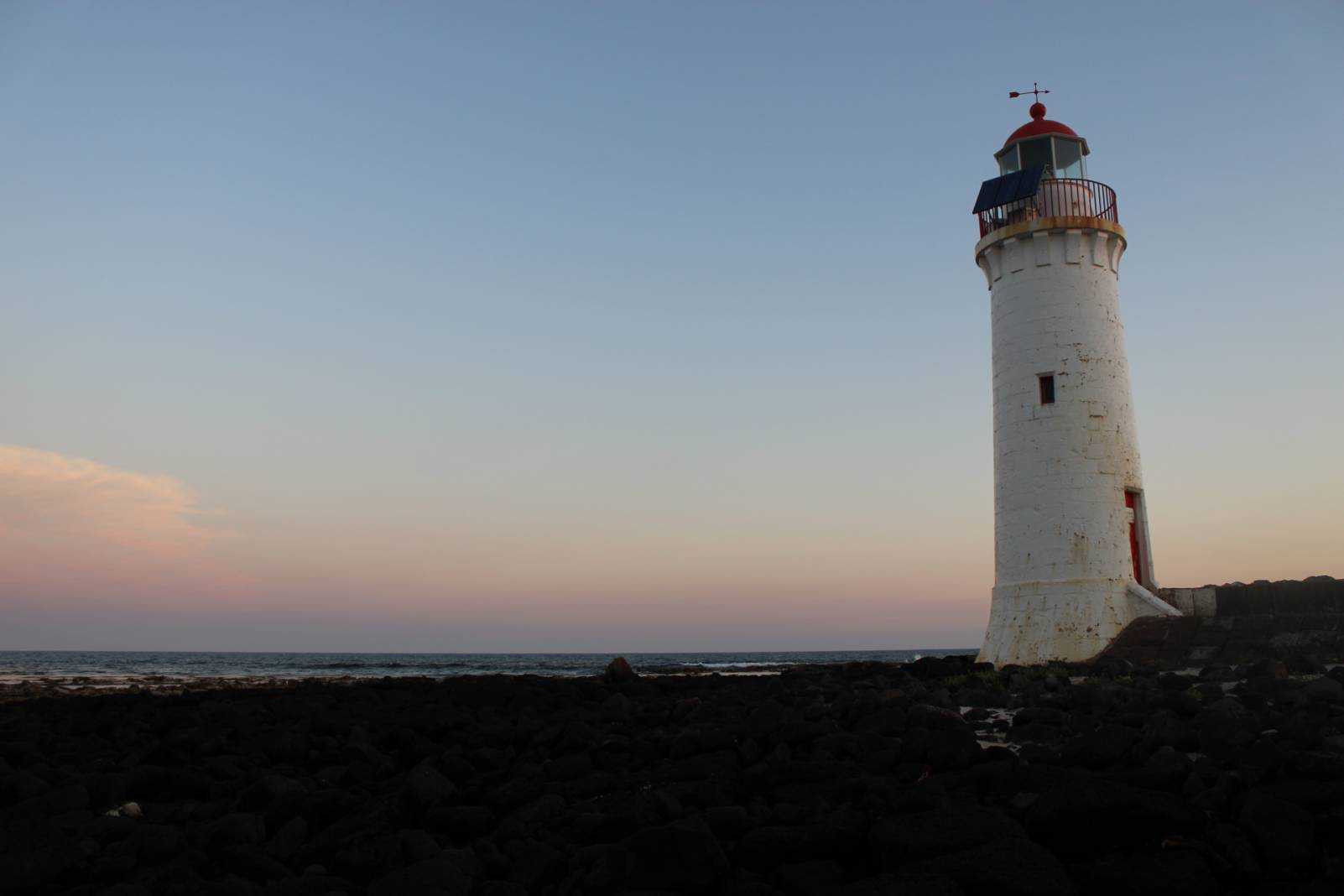
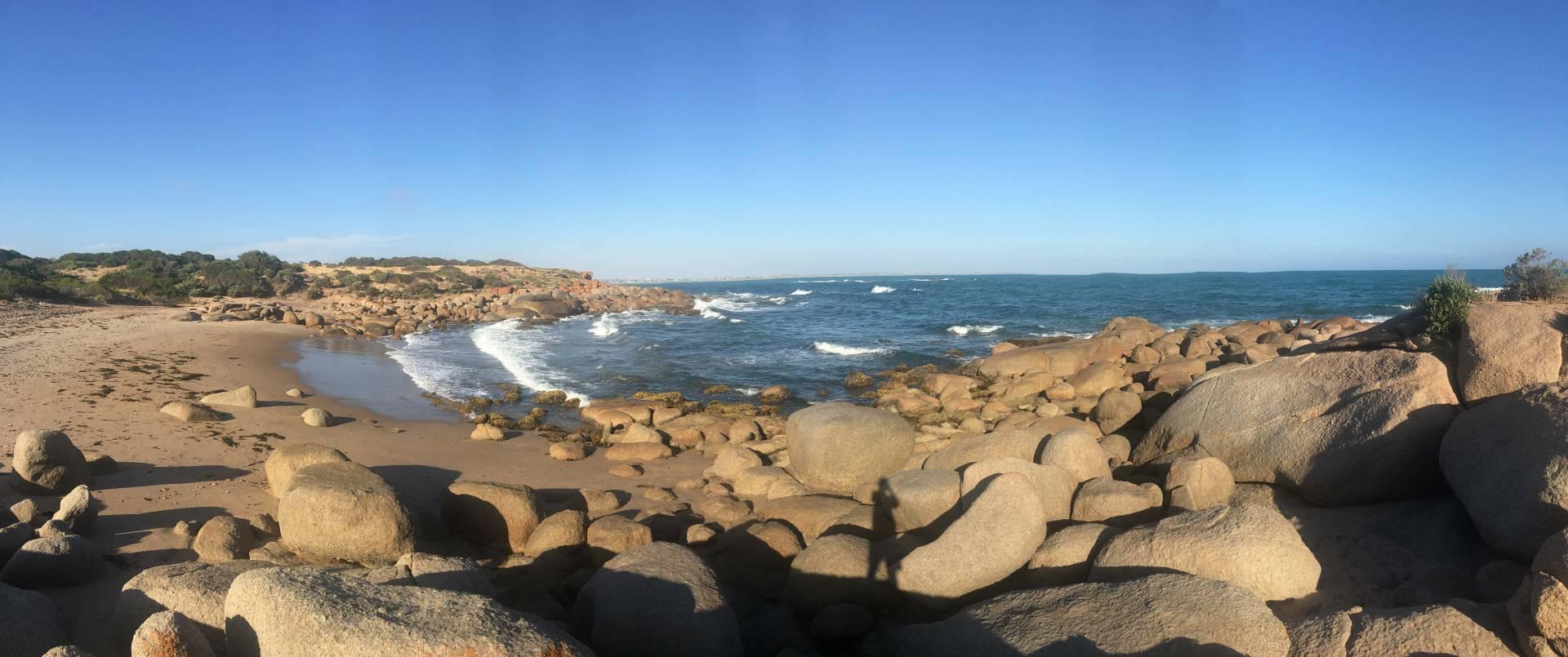






Students in Year 9 Purple homeroom are working together to virtually walk the distance from Lilydale to Surfers Paradise in Queensland while obeying the Stage 4 lockdown restrictions. A Google Sheet was posted on the 9 Purple homeroom Google Classroom page where students have been adding the number of kilometres they are walking each day. These numbers are added up automatically, and the total kilometres walked is included.
Most of the class has been walking almost every day, and we have seen some great results. Just one week in, the class has already walked a total of 188km, enough to reach Wangaratta after a stop at McDonald’s in Glenrowan to get a soft serve ice cream.
The idea for the homeroom challenge came from our homeroom teacher, Ms Ann Collins, to make sure that everyone in the class was all getting time in the sunshine, to give everyone a goal to work towards and to give the students some motivation to exercise during remote learning. The challenge has worked brilliantly. The students have been getting lots of time out in the sun. Hopefully, we’ll reach our destination soon.
Given the current Stage 4 restrictions, the Humanities faculty put together a remote Humanities Week website to celebrate the week, which ran 24-28 August. It was like a one-stop shop for a variety of activities, quizzes and tasks for all students, from Year 7s through to senior students. We had creative activities like developing your own personality map, watching videos about your favourite Humanities topic and even establishing and evaluating your own ecological footprint.
The aim of the website was to allow students to gain a greater understanding and awareness of the Humanities subjects available, particularly for senior students, as well as the skills required for possible subject selection in the future. Each day the website was designed to reflect a year level where students could access videos activities or quizzes they found interesting. Students could then submit their completed task with a judging panel allocating the prizes. Some of their work is pictured in the gallery below.
I thank everyone for submitting their task. I was overwhelmed by the volume and quality of the submissions.
Below Humanities prefect Casey Parker-Turner writes about Humanities Week:
Humanities Week in 2020 involved a competition in which students were asked to watch videos and complete activities for their year level. Students in Years 7, 8, 9 and 10 had a variety of videos and activities to do, all of which came from three different areas — Geography, History and Civics and Citizenship, while the Years 11 and 12 students had videos and activities from Economics and Business, Legal and Accounting, Geography and History. Up for grabs were gift cards from $10 (for third) to $50 (first). Due to the circumstances this year, Humanities Week took a different approach and one student highlighted that “online activities are just one of the ways that is allowing material and the concept of Humanities to become more accessible to more students”.


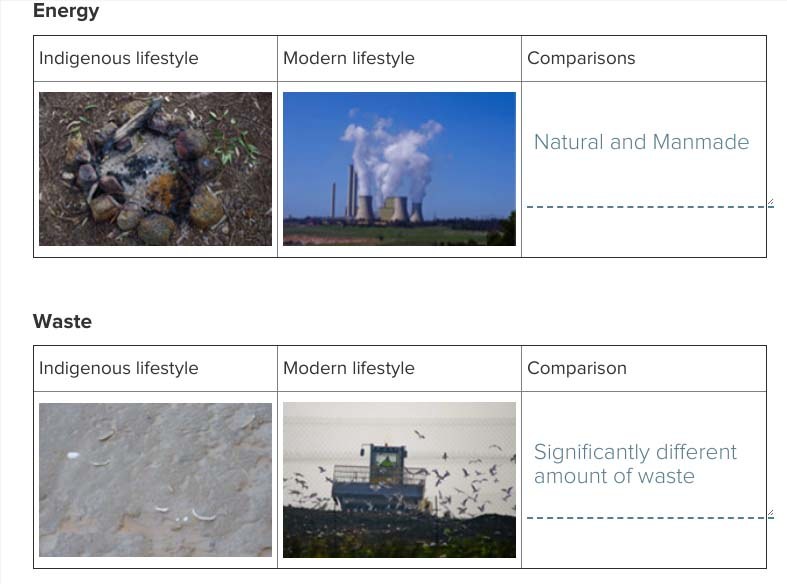
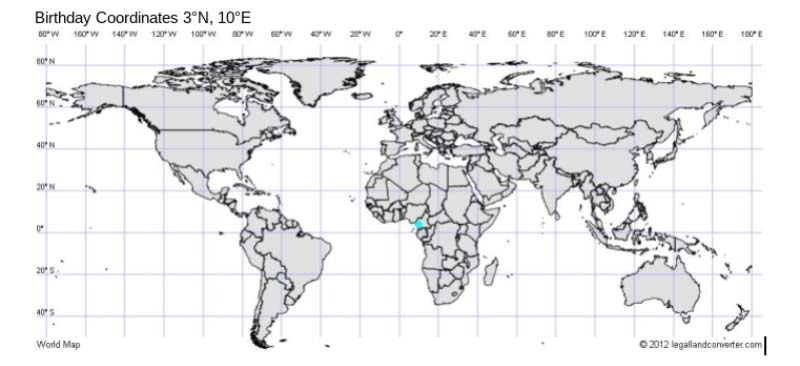




Year 8 Textiles students have embraced the opportunity to develop their weaving skills while in lockdown. While we always promote sustainable practices, students had no other option but to apply these principles when all the shops were shut due to COVID-19. For some, this meant totally changing their plans.
Students used old bike wheels, hoops, picture frames, twigs, old boxes and scrap wood, just to name a few items used to make their own loom. They then attached warp and weft threads using string, ribbon, wool, reeds, leaves, old T-shirts, flowers or branches. The weaving that students produced has been inspiring. They made baskets, wall hangings, dream catchers, bracelets, framed pictures, coasters and Y-stick weaving.
Many students commented that they enjoyed the break from screens and the chance to do something creative.
Below student Amber Damen (Year 8 Jade) writes about her weaving project, a blanket for her cat:
I learnt the many different skills of weaving. I learnt how to thread my warps and wefts, how to start new rows and colours, how to hide the ends of my wefts, how to make a loom, how using different tools can make it easier and much more. I had to figure out ways to make my project easier by replacing ideas that didn’t quite work. I found inspiration from different videos and from a Better Homes and Gardens episode. My dad also helped by creating a wooden loom and looming needles. If I was to make this cat blanket again, I would most definitely find a better way of removing my weaving from the loom and I would find a better way to tie the ends off. I would also find some thicker wool so that I would be able to do some soumak weaving (I tried but my wool was too thin).
The pictured works are by Year 8 students Madison Garrett (above), Alana Lewis, Ben Hendriks, Amber Damen, Sienna Finger, Charles Basset and Alex Wheeler.
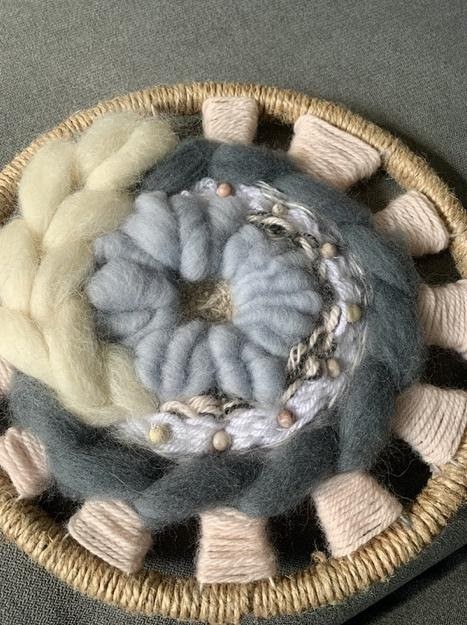
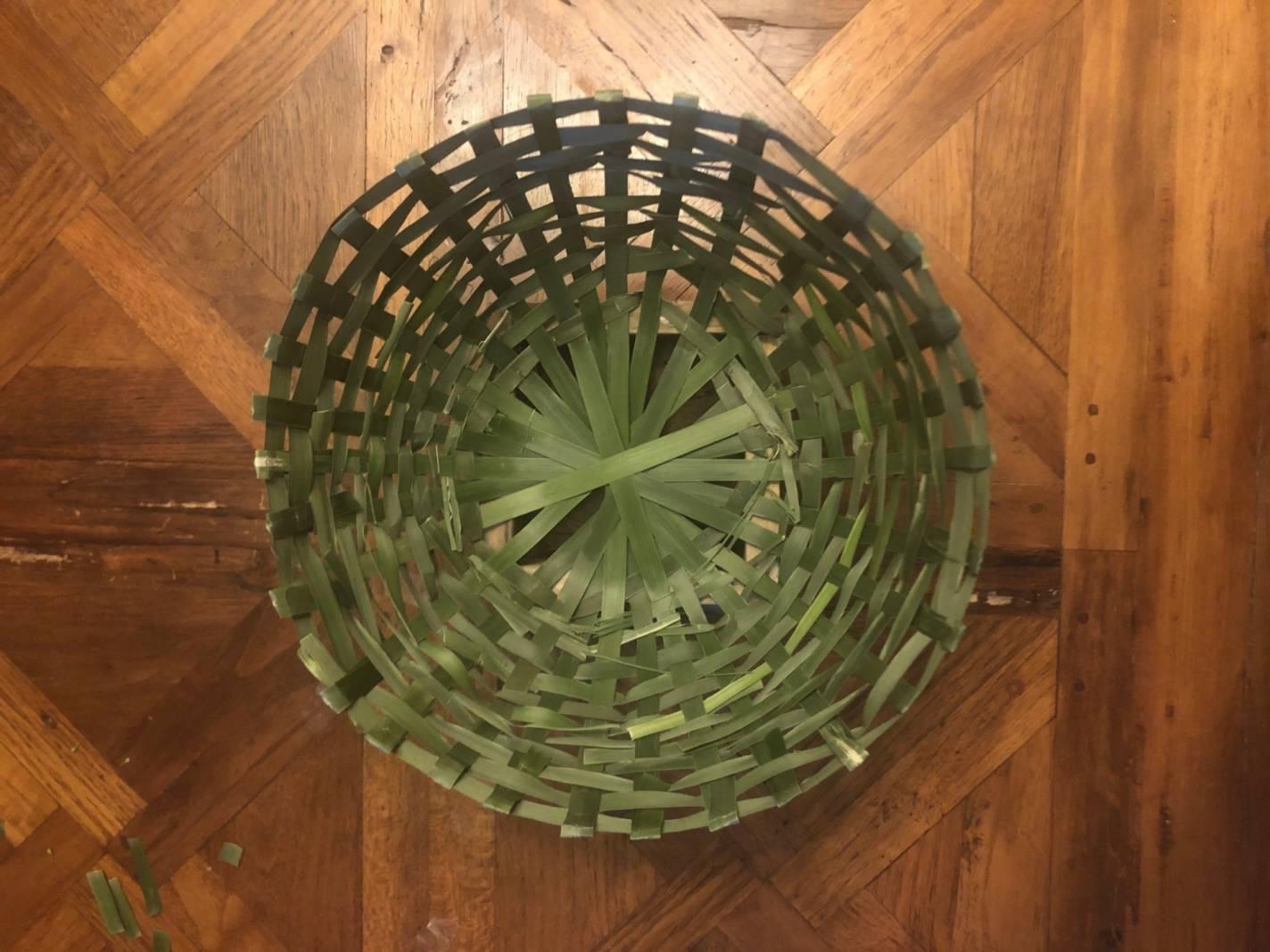
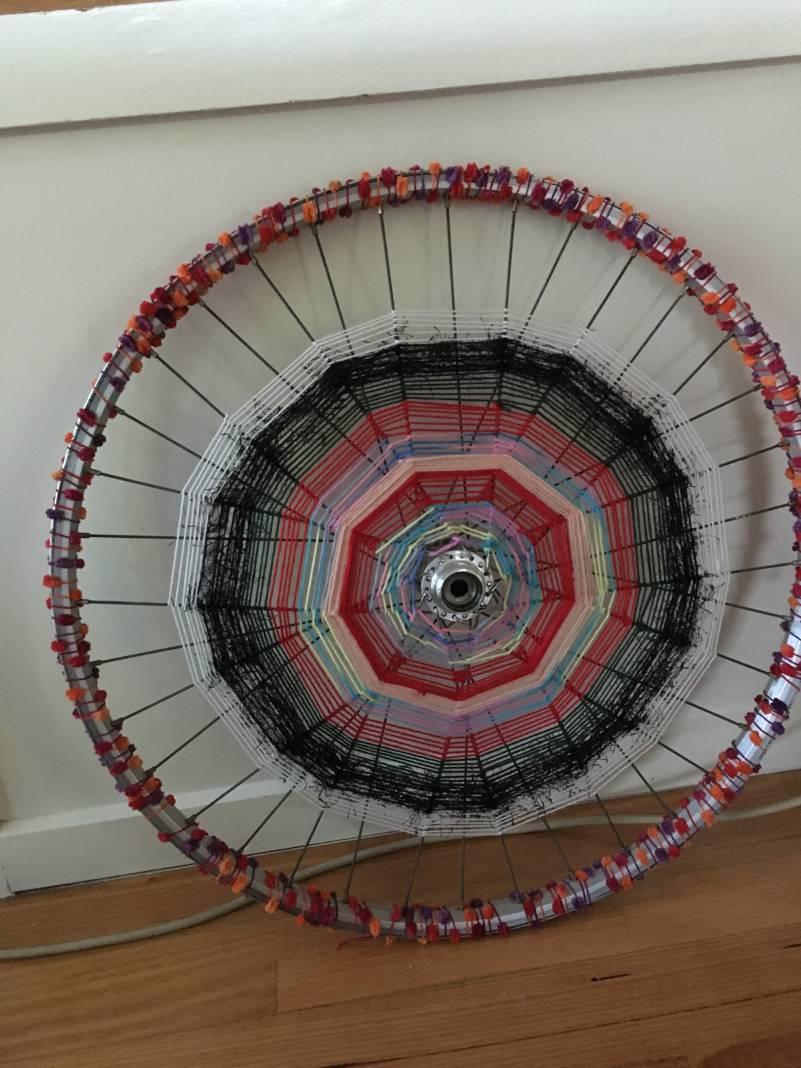
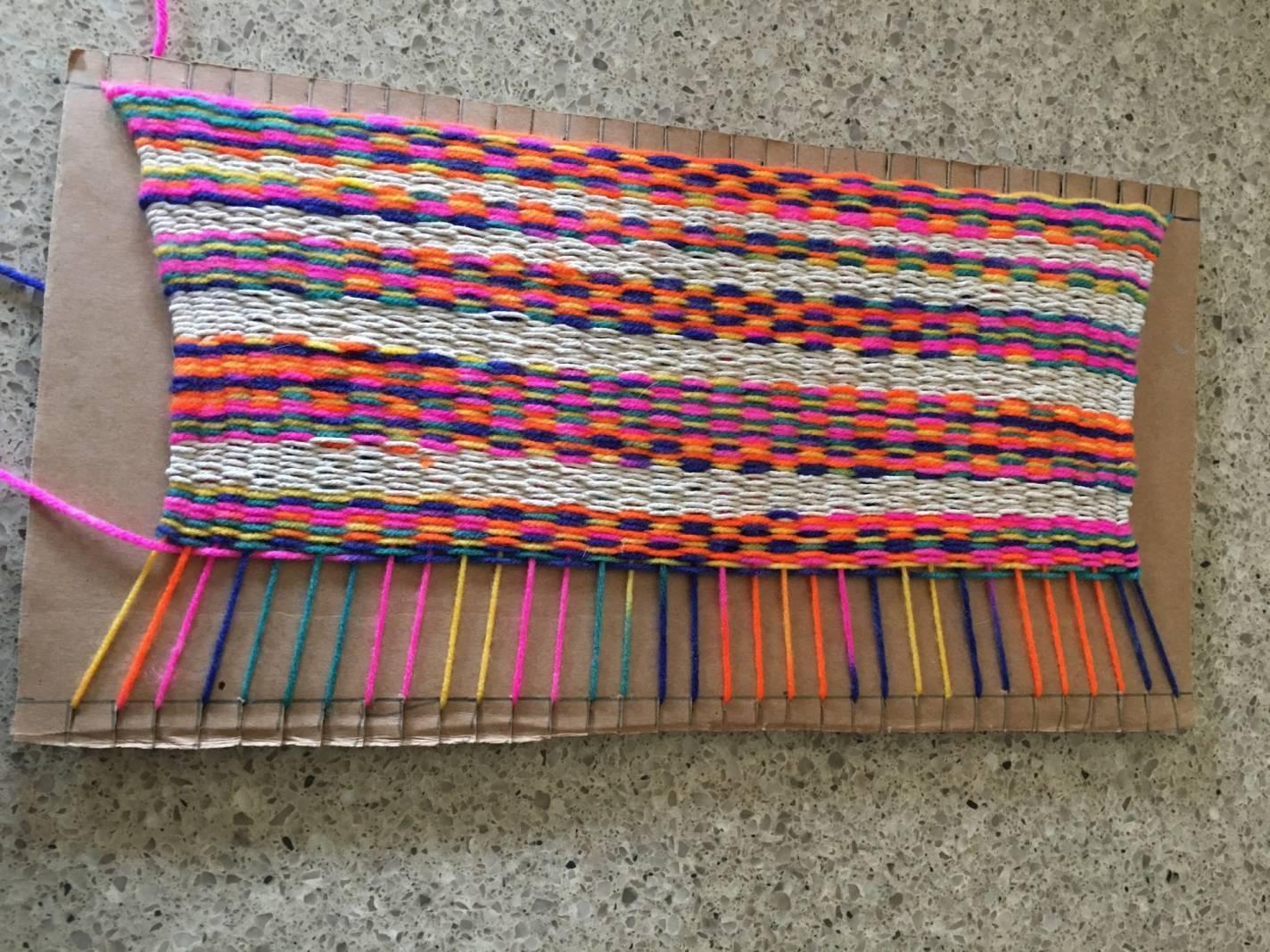
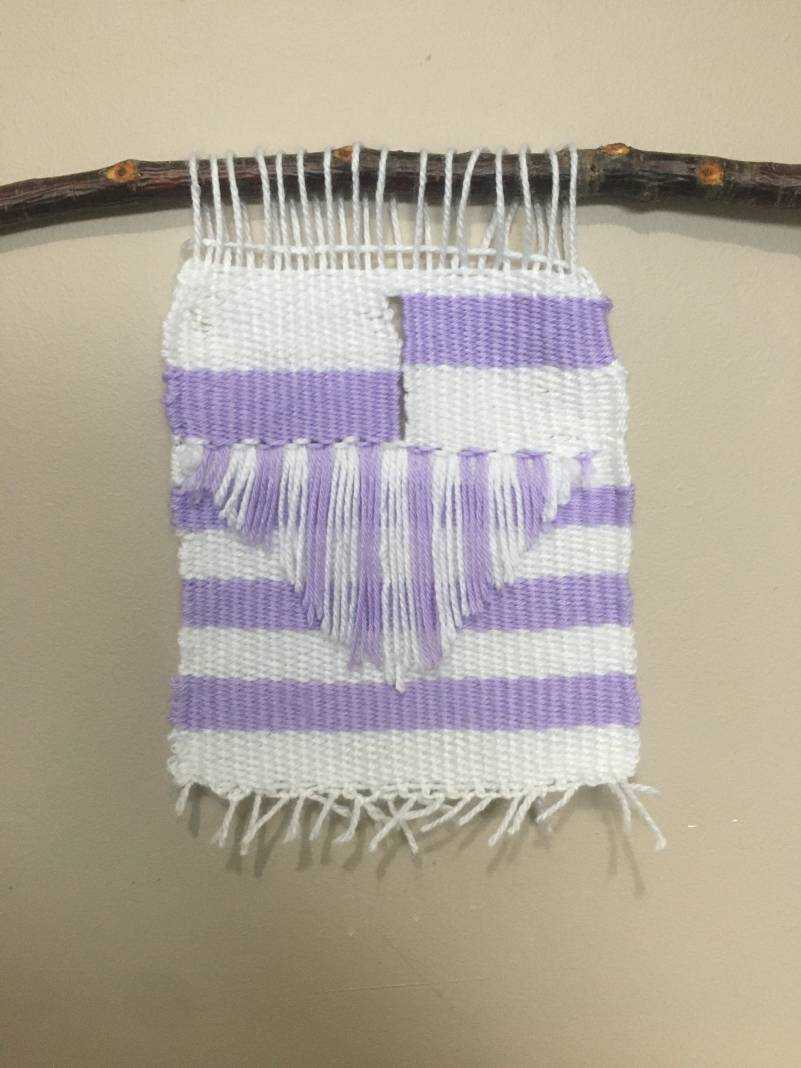
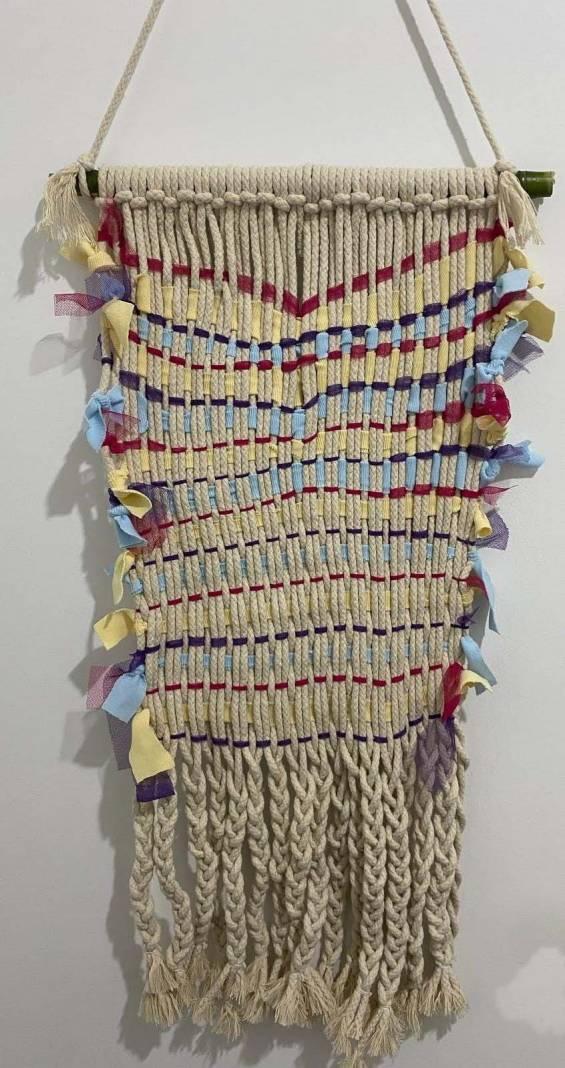






Dear members of the Mount Lilydale Mercy College community,
As we move forward in times unprecedented, it is important that we remain focused on the principles that underline and genuinely make us a community: Spirituality, Community and Learning. I believe we have done this well, yet each day continues to provide new challenges.
Our main focus during remote learning has been to provide explicit teaching and opportunity for deep learning. Over these last weeks this has been highlighted to me in a number of ways.
Firstly, last Tuesday, the College held our first ever totally online Student Progress Interviews (SPIs) over a marathon day between 10.00am and 8.00pm. Although a long day for teaching staff, breaks were built in with a stretch break at the end of every interview. I asked you to respect the process and I am grateful that you did. Leading into the interviews there was some trepidation about the process:
- Some staff had never used Zoom before, as we use Google products with our students, so they were fearful of getting it wrong
- Some feared for the strength of their internet at home, so much so that some staff spent the day in offices on campus
- Some were fearful of losing families in the process and not being able to reconnect with them.
In short, a prolonged consultative process allowed the many obstacles to be overcome, to the point that many have communicated how successful and enjoyable they were.
The SPIs were a success and the process to implement them highlights that new things can be achieved with careful planning. Perhaps this provides a roadmap for future SPIs.
Also, over the last few weeks I have been interviewing prospective students who seek to join our College across Years 7 to 12 for 2021, while panels of teachers have been interviewing for Year 7 in 2022, again using Zoom. In so doing, we have discussed reading and number facts like the times tables. Some families asked questions like: what is the best way to help my child remember such facts?
The answers to questions like this will vary.
Some would say rote learning, but I ways remember the teacher who walked up to the Grade student 1 who was humming the rhythm while the rest of the class chanted the times table. When asked why by the teacher, the student replied “I know the music Miss, but I just don’t remember the words”. Yet many did learn their times table by rote.
Another thing that I tell many students who want to study Maths is that “repetition is the best friend of the mathematician”. I still believe this to be true, but not repetition by rote, but rather repetition at doing and solving. Repetition at application. Repetition at doing what is hard. Repetition that drives a deeper learning.
Recently I came across a summary of an article published in a Principal newsletter attributed to: Flow Is the Opiate of the Mediocre: Advice on Getting Better from an Accomplished Piano Player by Cal Newport in Study Hacks (December 23, 2011).
Mastery by working smart
This year, how can you make progress with your schoolwork and find success even in subjects where you have struggled?
A talented piano player figured out how to make practice more efficient and effective so that every performance was just as good as the audience expected.
Do what doesn’t come easily.
In music, it’s a huge mistake to play the piece from beginning to end. The best musicians drill the most difficult parts. You know where your weaknesses are. Concentrate on those areas and work on them until you have mastered them.
To master a skill, master something harder.
Strong musicians find clever ways to complicate the difficult parts of their music, playing a passage with alternative accent patterns, speed, or rhythm. Try new approaches to the work you find difficult. Ask someone else to explain it to you. Present it to yourself in different ways, like word maps. Move up a level and see if that helps you understand.
Systematically eliminate weakness.
Work out where you are weakest and drill yourself in every way you can think of until it sticks. Ask your teachers what you can do to sharpen up. What works in the subjects you are good at?
Imagine perfection.
Good musicians begin with an image of how a perfect performance will sound, feel, and look and play with a perfect mental image in mind. Less-accomplished musicians play while trying to fix problems as they crop up. Always aim for the best. Good enough isn’t good enough for you. Aim for the best. Ask other students how they have mastered the work and follow their methods.
You may be an excellent musician or sportsperson or gamer. What do you do to improve your game? The same approaches will work in the classroom too. Accept the challenge and make this year one of your finest performances.
There is some great advice here:
- Concentrate on weak areas. Do what is difficult
- Approach weak areas from different aspects and imagine what success will look like
- Everyone can improve
- A good way to ensure you understand something is to try to explain or teach it to someone else, with deep applications.
Like you, I look forward to this Sunday’s announcement of a roadmap moving forward.
God bless
Philip A Morison
Principal


Important dates
- Parents and guardians are reminded that Friday 11 September will be a student free day, allowing for catch-up with remote learning.
- The online practice GAT for Unit 3 and 4 students will be held on Friday 11 September.
- Term 3 will conclude on Friday 18 September.
Fees
Dean de Munk
Business Manager
Thank you to all parents and guardians who have once again cooperated and made the payment of school fees a priority during 2020. This year has been an incredibly challenging time for us all with some having work hours reduced or even having their employment position made redundant. This, together with the responsibility of remote learning, has impacted household budgets.
The College has been able to assist some families and many parents and guardians have altered payment plans to assist with family cash flow. The due date for payment of fees has now been extended to Monday 30 November 2020.
I urge parents and guardians to continue with regular payments of fees to ensure that the 30 November deadline is met. At the end of 2019, the College only had a handful of outstanding accounts which have all been collected within early 2020. Our aim is to have zero outstanding accounts come December 2020. Among other priorities, this will assist with planning and allow a minimum fee increase for 2021.
Unfortunately, the operation of the College is still to budget and the College is not in a position to offer discounted fees in 2020 as some other exclusive independent schools are doing. Overall, this year will be an expensive one for the College. MLMC operates on a balanced budget keeping fees to a minimum, which makes it hard to offer any type of discount. This, together with additional unplanned COVID-19 expenditure in 2020, makes it very difficult to do so.
If any specialist levied activity does not eventuate within 2020, refunds will be made. This has already been the case for Semester 1 Outdoor Education charges and we intend to do the same in Semester 2 if necessary. We hope that in Term 4 some activities will proceed.
I welcome any parent or guardian to make contact with me directly at the College to discuss their own school fee situation, if help is required.
Online mass
Fr Dean Bradbury SAC
College Chaplain
An important part of being in a Catholic school such as MLMC is having the opportunity to celebrate the Sacraments available to us. Class Masses are a great way to come together and celebrate the faith that helps make MLMC the great community that it is. Unfortunately, due to the COVID-19 pandemic, we have experienced a disrupted school year. Carefully laid plans to schedule Class Masses for students have had to be abandoned.
Putting in practice the pastoral aims of Catherine McAuley to use the means at our disposal, we have adapted to the limitations placed on us by the lockdown and have found a creative solution. Through the hard work of our Youth Ministry Officer, Miss Ava Brown, we have been able to schedule Class Masses online for Year 7 to 9 students during this term.
While this is certainly nowhere near the ideal way of gathering together as God’s family in the beautiful College Chapel and receiving the Sacrament of the Eucharist, it has enabled us to experience some form of community and to keep us joined together prayerfully. I have been grateful for the participation of staff and students through the reading of Scripture and their shared prayer. It has been great to be a part of this initiative and we pray for an end to the pandemic and the opportunity to gather together in the Chapel.
Each Friday at 8.00am there is the opportunity to join in a College Mass. The link is in SIMON.
The Year 10 Art class has been hard at work these last few weeks building on their knowledge of the art elements and principles and applying them to their own practice. One of their drawing exercises was to focus on the element of form and draw one of the most challenging subjects: hands.
Form is the three dimensional quality of an object and how we perceive it. Finding and drawing the basic forms of your subject, such as cylinders, cubes, prisms and so on, helps to create a ‘skeleton’ of the subject that you can then outline to create a more realistic artwork. This is what the Year 10s did to achieve the hands you see in this article.
The images (above and below) are some of the stellar examples of work in MLMC’s Year 10 Art class.
Here are some student reflections on the task of learning art from home:
One of my favourite classes in remote learning is art. It has been challenging at times but it has always been a fun and exciting class to do. I am learning lots of new drawing/painting styles this semester. This class also makes me feel comfortable to explore and brainstorm different ways to present my art in a creative and unique way.
— Jaimee Wilson (Year 10 Silver) (pictured, above)
The task I enjoyed the most was when we chose an object to draw. I enjoyed that because I was able to choose something that I enjoy.
— Brodie Leist (Year 10 Bronze)
The students have taken the challenge of being a part of a remote art class in their stride, and their submissions continue to impress! Look out for their still life drawings in our next newsletter.












Bless all the fathers in the world who have accepted the responsibilities of being a parent. Guide them to be outstanding role models to their children. Let them look to your example and to parent with patience, unconditional love and understanding.
We give our thanks, Creator God, for the fathers in our lives.
Fatherhood does not come with a manual, and reality teaches us that some fathers excel while others fail.
We ask for Your blessings for them all — and forgiveness where it is needed.
This Father's Day we remember the many sacrifices fathers make for their children and
families, and the ways — both big and small — they lift children to achieve dreams thought beyond reach.
So too, we remember all those who have helped fill the void when fathers pass early
or are absent — grandfathers and uncles, brothers and cousins, teachers,
pastors and coaches — and the women of our families.
For those who are fathers, we ask for wisdom and humility in the face of the task
of parenting. Give them the strength to do well by their children and by You.
In Your Holy name, O God, we pray.
Amen
— Rev. Chuck Currie
One of our Year 7 students, Ayda Paterson (Year 7 Jade), is among the 30 finalists for The Lester Prize’s Youth competition for her amazing painting (pictured).
She is among the secondary school-aged children from around Australia in the running for Western Australia’s premier fine art prize, which was formerly known as the Black Swan Prize for Portraiture and is now in its 14th year.
Her painting is called Promise You Won't Forget Me Ever. It is a portrait of her brother Ruben, who passed away when he was nine months old. “She painted this as a present for me and Rob (her dad),” Ayda’s mum Alicia said. “She started drawing when she was about nine and I knew straight away that she had a gift. She then started attending weekly art lessons with Kapi Art space (in Kalorama) and has just blossomed since then.”
Ayda paints with oils and also uses soft pastels and pencils. She loves to draw and paint portraits and animals. “She's done a variety of commissions for people and is just getting better and better,” Alicia said. “She has an easel set up in her bedroom and likes to shut the door and just get lost in her artwork.”
Amazingly, Ayda submitted the painting into The Lester Prize of her own accord, “so it was a huge surprise for her to be selected as a finalist”, Alicia said. The Paterson family now have to send the painting to WA to be put on display in Perth and be judged. In usual circumstances, if she was chosen in the top three she would fly over for the announcement of the winner in mid-November, but this may not be possible.
We wish Ayda good luck for the competition!
Find out more about The Lester Prize HERE.
More than 200 young and aspiring artists from across Australia entered this popular portrait prize this year. A total prize pool of over $6000 is up for grabs with students in Years 7–12 awarded in three age group. Winners and runners-up will receive cash, gift vouchers and art supplies to help them further their art practice.
“These prizes will be of great benefit as these artists continue to build their skills in the art world,” said Annie Silberstein, The Lester Prize’s Executive Director.
The 2020 Youth Pre-Selection Panel commented: “It was great to see students extend their thinking, understanding and use of perceptual and conceptual skills in their artwork. There was a high prevalence of self-portraits in this year’s submissions — some pensive, a few fragmented. Many undertook to examine their own life, friends, family and culture — showing the development of a deeper understanding of their practice as an artist with individual views about the world and global issues.”


We all know the world is quite topsy-turvy right now, because of the coronavirus (COVID-19). If you are feeling overwhelmed or stressed by it all, be reassured that this is a very normal response. However, it’s important to go easy on yourself and to take time for self-care.
Self-care is anything you enjoy doing that helps make you happy and maintains your physical, mental or emotional health. It's when you take the time to take care of yourself. It can be simple everyday pleasures like soaking in the bathtub, reading a magazine or going for a run. Or bigger things like connecting with friends, cooking a meal or engaging with a hobby. For families, self-care helps parents and teens deal with life’s everyday pressures in a more positive and rewarding way.
Regular acts of self-care help keep you energised and deal with pressures well. So be kind to yourselves, sit down with the family — talk about the importance of each of you doing the things that you enjoy, that make you feel happy. Share ideas and put them in the planner or calendar. And support each other in doing them. Self-care is fun and good for you — enjoy it!
We’ve included a checklist (attached) with some ideas to get you started but there are so many possibilities out there. We encourage you to find what works for you and start making time to practice a little self-care each day.
Further resources can be found at these sites:
https://parents.au.reachout.com/skills-to-build/wellbeing/things-to-try-self-care
https://coronavirus.beyondblue.org.au/managing-my-daily-life/young-people-aged-14-25.html
You can find more details about our service, availability and how to make an appointment on the College website HERE or send an email to the team at counsellingwellbeingteam@mlmc.vic.edu.au
Learning Support Officer (LSO) Appreciation Week is an opportunity to acknowledge the important role these staff members have in our community. Their hard work and dedication makes a difference in the lives of students and teachers.
Our Learning Support staff work in year level teams, in partnership with College leaders, teachers and parents, to ensure that school is a place in which students can become the best versions of themselves. Their knowledge and understanding of diverse learning needs is testament to their ongoing commitment to professional and personal learning, and it is supported by individual passions and strengths. Our Learning Support Officers (LSOs) not only work with students, they work for students, by assisting in the development of Educational Care Plans and monitoring students’ progress through meticulous record keeping based on observations and direct support.
Developing positive relationships with students, generating resources, building skills, supporting wellbeing, collaborating with teachers, communicating with parents and being available, is the unique skill set demonstrated by our LSOs every day. With compassion and hospitality, they dedicate their time to supporting some of the most vulnerable students in our College community.
I know that the MLMC community would join me in thanking: Mrs Dianne Palombi, Mrs Elisa Massarotti, Mrs Linda Delaney, Miss Emily Schneider, Mrs Tina Pike, Miss Georgia Burke, Mrs Ingrid Sibberas, Mrs Sally Wingett, Ms Pauline Edmonds, Mrs Helen Savaris and Mrs Kate Richardson.
Great MLMC Dog Walk
Wednesday 26 August was International Dog Day, and what better way to celebrate than by taking part in the ‘Great MLMC Dog Walk’. This event was an idea of Miss Rachel Berka and it was an outstanding success, with many staff and students treating their dogs to a special walk and photoshoot. The task was simple: go for a walk with your best friend and snap a picture of you doing this. We loved seeing all the happy dogs and their owners soaking up the sun on a lovely winter's afternoon.
TD 42.2
The first two weeks of the four-week TD 42.2 challenge, an event named after former teacher and House patron Terry Dunn, have been amazing. We have had a total of 72 participants complete nearly 1500km of walking and running and there’s plenty of time to get more people involved. This is a great opportunity for students to earn points for their House and also earn commendations.
We have already had three students and two staff members reach 42.2km — a great achievement, which we hope to see more people reach. We have clear winners in both the staff and student categories. Mr Dan Beard is leading the staff with a total of 125.52km and Joshua Handasyde (Year 8 Purple) is leading the students on 113.36km, ahead of Kelly Whitchell (Year 11 Red) on 63.17km.
We are super proud of everyone who has stood up and taken the challenge head-on. There are still two weeks left, so a total of 14 hours of exercise that students and staff can use to contribute to this challenge if they use their allowed one hour a day wisely. To make the challenge more fun, students are encouraged to get friends and family involved too. Don’t stop once you have reached the 42.2km mark either — make yourself another challenge and aim for 50 or even 100km.
For the week of 7-13 September, parents’ kilometres can be added too – students just need to add their kilometres to the Google form (if the parent has a different surname to the student, students please put your surname in brackets so we know who to give the points to and add “parent” in the year level spot).
Click on the Terry Dunn 42.2 link HERE to log your walk or run.




In Year 11 Systems Engineering, the students study fundamental electrotechnological principles including applied electrical theory, standard representation of electronic components and devices, elementary applied physics in electrical circuits and mathematical processes that can be applied to define and explain the electrical characteristics of circuits. This unit offers opportunities for students to develop, apply and refine their knowledge in the creation of an operational system.
Below two students, Sam Green and Alec Grebe, share their reflections on what they have learnt in the class this year working together on building a farmbot.
Sam Green (Year 11 Red):
Although 2020 has been a rough year for all of us, Year 11 Systems Engineering this year has been a great experience. Mr Stephenson and Mr Ashley Savage (IT) gave us a great project to attempt and I believe Alec and I embraced this challenge with both pride and workmanship through both face-to-face learning and remote learning. Although we are yet to finish this class, we have made significant inroads into getting the farmbot completed by the year’s end. Farmbot is an open-source machine/project, meaning all models and software is free to use, that uses weather and moisture levels to garden its own patch of dirt. This means that the movement of this machine is fully automatic, like a 3D printer (CNC), it seeds its own seeds, waters its own plants, weeds the garden and checks online records and local data to make the perfect scenario for the amount of water to be given. It has been a pleasure working with Alec on this project and I sincerely hope that everyone gets to see this project put to good use somewhere around MLMC itself.
Alec Grebe (Year 11 Green):
It has been a pleasure to continue working with Sam, Mr Stephenson and Mr Savage on this amazing project. Sam and I were approached by Mr Stephenson and Mr Savage with a proposal of building a farmbot, which we had not heard of before. However, Sam and I took on the challenge of building this specific CNC machine with great enthusiasm and determination. Within the timeframe of documenting all the parts in our folio we were plunged into lockdown. Even though we were stuck inside and couldn't work on the physical form of the farmbot at school, we finished most of the folio. This allowed us to work on the farmbot with full focus on the physical aspects once we got back to onsite learning. However, we again returned to lockdown. Sam now works on the farmbot in his garage while I work on the documentation of our folios. This allows us to make good progress on the project, and it keeps us busy and sane at the same time. We will hopefully finish this amazing project by the end of the year.






MLMC has now been awarded and recognised as a three-star sustainable school through Sustainability Victoria’s Resource SmartSchools program. At the time of writing this article our suburb experienced a large power outage and I was forced to complete this using candle light — possibly taking sustainability too far.
The Resource SmartSchools program aims to assist us in integrating sustainability into the planning and strategic processes of the College. It also helps to develop ways to improve resource management, embedding sustainability practices into the school operations, teaching, learning and community engagement.
The College’s first star was awarded for our core module. This module is designed to ensure the College has the policies and procedures that will embed sustainability into its curriculum across all year levels and that it educates staff and students on minimising the use of water, energy and waste. To assist the College in achieving this, a School Environmental Management Plan has been developed, which outlines these goals and sets targets for College sustainability. To be recognised as a Resource SmartSchool, the College was required to submit baseline data regarding College water, waste and energy consumption. This data ensures the College can record continuous improvement in its attempts to reduce resource use, make cost savings, integrate sustainability into the curriculum and celebrate achievements with the wider College community.
This week the College was awarded another two stars for Energy and Biodiversity. These stars are not easily achieved and credit must be given to the wider College community for its efforts in leading the learning and education of students in the way the College can be more energy efficient and protective of its biodiversity habitat in and around the College.
The second star relates to actively engaging the community on sustainability issues and opportunities. The College has been active in fostering partnerships within the local and extended communities. These have included grants from Melbourne Water, thanks to the assistance of teacher Mr Paul Morgan, and for the sustained efforts of teacher Mr David Banfield in securing funds from Landcare Victoria to further establish the College’s frog pond (pictured). This site acts as a vital refuge in the survival of our endemic Banjo frogs.
Yarra Ranges Shire has also been an active partner with the College in land and vegetation rehabilitation works. These activities have been supported with the assistance of students from VCAL, VET and Agriculture. Staff members Mr Steve Tarulli (2019 VCAL Leader) and Mr Tim Thompson (Agriculture teacher and McAuley Park Farm Manager) have actively assisted with a number of major revegetation programs within our local area (pictured).
Science Faculty Learning Leader Mrs Urszula Faulkner has been instrumental in working with Science students as they took part in the Melbourne Water River Detectives Program (pictured). Data the students collect each year from nearby Olinda Creek is supplied to and utilised by Melbourne Water in its research into the health of our local river systems.
The third star relates to a focus on strategic planning to integrate education for sustainability into campus, curriculum and community. This is where students become actively engaged in designing and constructing a systems approach to how the College uses resources. The installation of the 100kWh solar panel system (pictured) has made a large impact on reducing the College’s energy consumption along with simple projects like turning off lights and heating when classrooms are not being used and the installation of energy efficient LED light bulbs and curriculum content covering renewable energy and greenhouse issues. Water saving features have been installed in most areas of the College, which has assisted in reducing utility costs.
To achieve our three-star status, is truly a whole school undertaking, with many successful outcomes. MLMC has worked diligently to achieve these exceptional results and this is in no small measure due to the efforts and guidance of staff member Mrs Cathy Pote. The College is currently working toward realising a five-star rating as part of the Resource SmartSchools initiative. You can read more about Resource SmartSchools HERE.






As part of 2020 National Science Week, which ran from 17 August to 21 August and had the theme ‘Deep Blue: Innovations for the future of our oceans’, MLMC’s Science faculty ran a photo competition called ‘My Connection to the Ocean’. The competition aimed to promote and raise awareness among students and staff about the importance of looking after the health of our oceans to care for the wellbeing of our planet.
We have a responsibility to protect ocean life and to address issues such as plastic pollution and climate change. As Australians, many of us also have a personal connection to our country’s coastline.
The winner of the photo competition was Amber Usenich (Year 9 Gold) with her photo of a slightly rocky beach at dusk. Honourable mentions go to:
- Millie Barker (Year 10 White) — sunset at a beach
- Seamus Coffey (Year 10 Blue) — the lighthouse
- Lincoln van Duuren (Year 8 Gold) — rocky coastline.
Well done to all the participants! Students and staff will be able to enjoy all the photo submissions on display in the Harley Laboratories over the coming months.
Well done also to the winner of the Science Week quiz, Denisse Lopez Garza (Year 8 Blue).
A big thank you to our Science prefect Jamieson Manger for all of her work during Science Week and also to our photo competition judges.
Other entries in the gallery are from Sophie Manser (Year 7 Green), Nikita Garrett (Year 10 Purple), Jamieson Manger (Year 12 Gold).












Students in Year 9 Purple homeroom are working together to virtually walk the distance from Lilydale to Surfers Paradise in Queensland while obeying the Stage 4 lockdown restrictions. A Google Sheet was posted on the 9 Purple homeroom Google Classroom page where students have been adding the number of kilometres they are walking each day. These numbers are added up automatically, and the total kilometres walked is included.
Most of the class has been walking almost every day, and we have seen some great results. Just one week in, the class has already walked a total of 188km, enough to reach Wangaratta after a stop at McDonald’s in Glenrowan to get a soft serve ice cream.
The idea for the homeroom challenge came from our homeroom teacher, Ms Ann Collins, to make sure that everyone in the class was all getting time in the sunshine, to give everyone a goal to work towards and to give the students some motivation to exercise during remote learning. The challenge has worked brilliantly. The students have been getting lots of time out in the sun. Hopefully, we’ll reach our destination soon.
Given the current Stage 4 restrictions, the Humanities faculty put together a remote Humanities Week website to celebrate the week, which ran 24-28 August. It was like a one-stop shop for a variety of activities, quizzes and tasks for all students, from Year 7s through to senior students. We had creative activities like developing your own personality map, watching videos about your favourite Humanities topic and even establishing and evaluating your own ecological footprint.
The aim of the website was to allow students to gain a greater understanding and awareness of the Humanities subjects available, particularly for senior students, as well as the skills required for possible subject selection in the future. Each day the website was designed to reflect a year level where students could access videos activities or quizzes they found interesting. Students could then submit their completed task with a judging panel allocating the prizes. Some of their work is pictured in the gallery below.
I thank everyone for submitting their task. I was overwhelmed by the volume and quality of the submissions.
Below Humanities prefect Casey Parker-Turner writes about Humanities Week:
Humanities Week in 2020 involved a competition in which students were asked to watch videos and complete activities for their year level. Students in Years 7, 8, 9 and 10 had a variety of videos and activities to do, all of which came from three different areas — Geography, History and Civics and Citizenship, while the Years 11 and 12 students had videos and activities from Economics and Business, Legal and Accounting, Geography and History. Up for grabs were gift cards from $10 (for third) to $50 (first). Due to the circumstances this year, Humanities Week took a different approach and one student highlighted that “online activities are just one of the ways that is allowing material and the concept of Humanities to become more accessible to more students”.








Year 8 Textiles students have embraced the opportunity to develop their weaving skills while in lockdown. While we always promote sustainable practices, students had no other option but to apply these principles when all the shops were shut due to COVID-19. For some, this meant totally changing their plans.
Students used old bike wheels, hoops, picture frames, twigs, old boxes and scrap wood, just to name a few items used to make their own loom. They then attached warp and weft threads using string, ribbon, wool, reeds, leaves, old T-shirts, flowers or branches. The weaving that students produced has been inspiring. They made baskets, wall hangings, dream catchers, bracelets, framed pictures, coasters and Y-stick weaving.
Many students commented that they enjoyed the break from screens and the chance to do something creative.
Below student Amber Damen (Year 8 Jade) writes about her weaving project, a blanket for her cat:
I learnt the many different skills of weaving. I learnt how to thread my warps and wefts, how to start new rows and colours, how to hide the ends of my wefts, how to make a loom, how using different tools can make it easier and much more. I had to figure out ways to make my project easier by replacing ideas that didn’t quite work. I found inspiration from different videos and from a Better Homes and Gardens episode. My dad also helped by creating a wooden loom and looming needles. If I was to make this cat blanket again, I would most definitely find a better way of removing my weaving from the loom and I would find a better way to tie the ends off. I would also find some thicker wool so that I would be able to do some soumak weaving (I tried but my wool was too thin).
The pictured works are by Year 8 students Madison Garrett (above), Alana Lewis, Ben Hendriks, Amber Damen, Sienna Finger, Charles Basset and Alex Wheeler.















